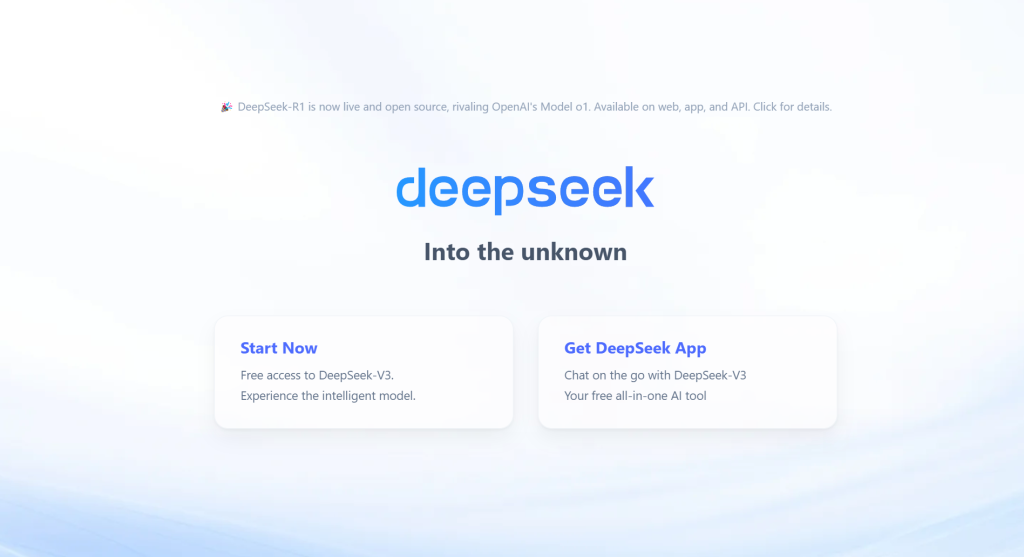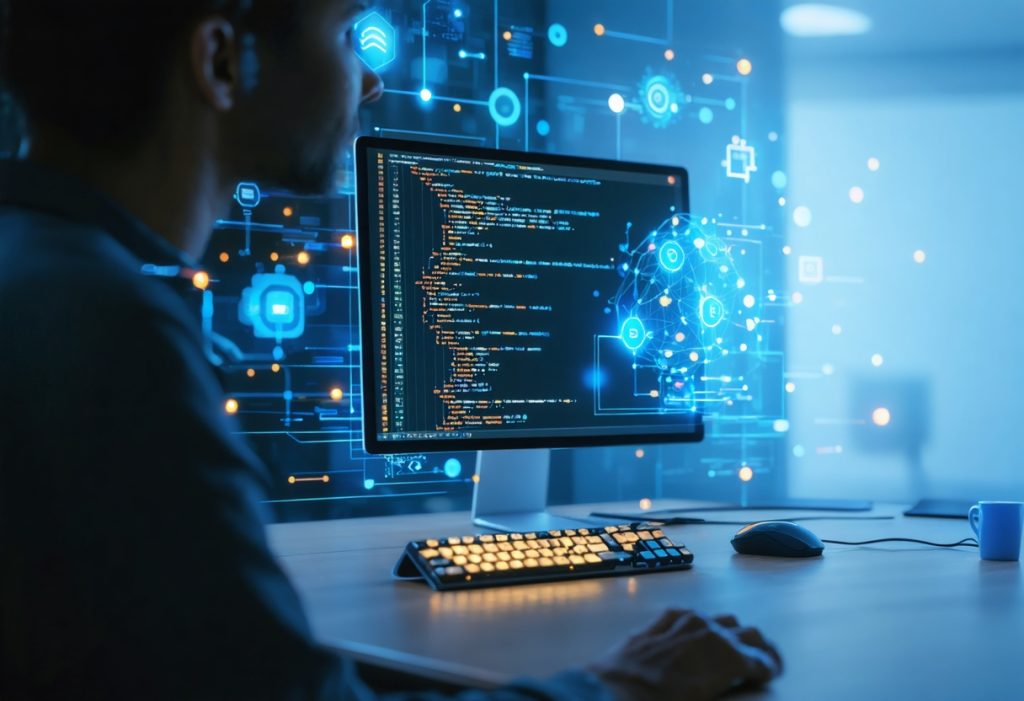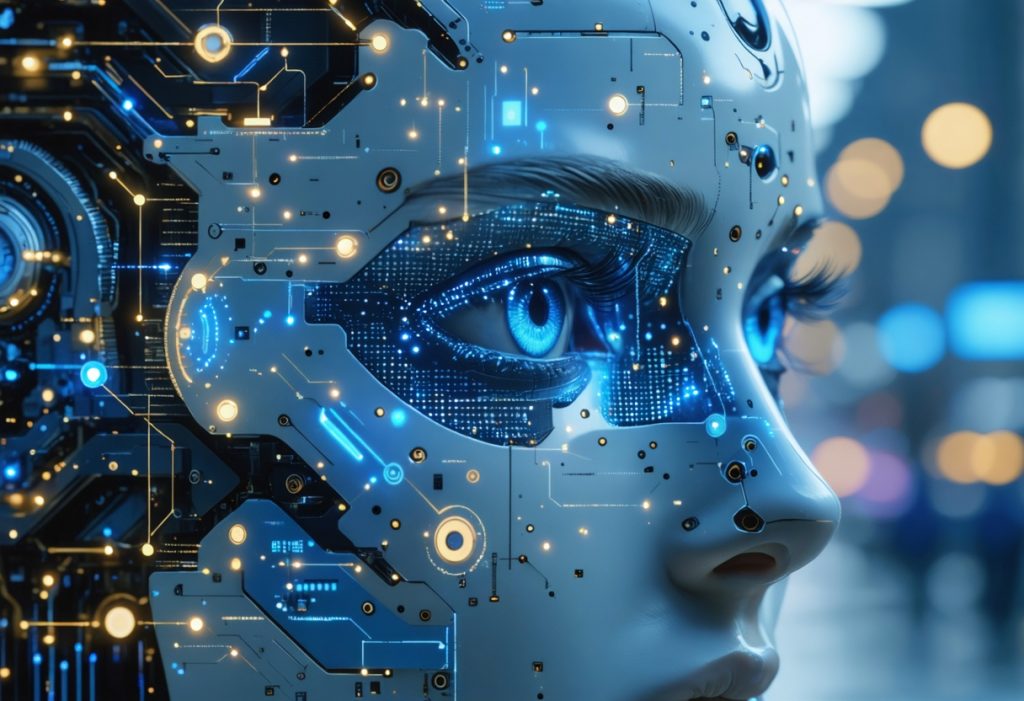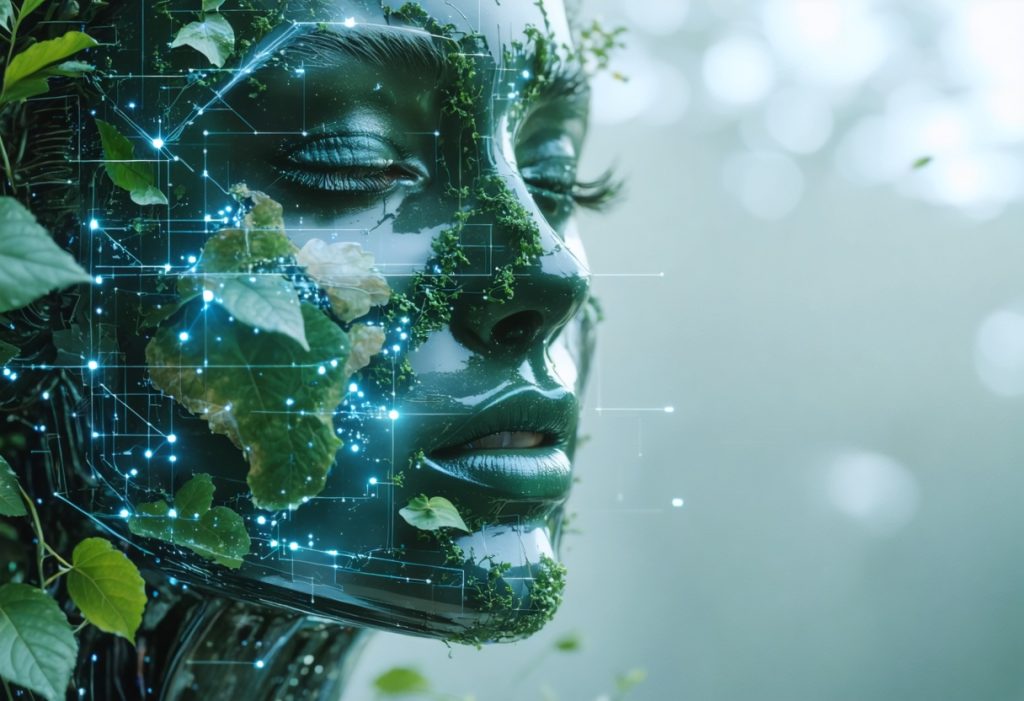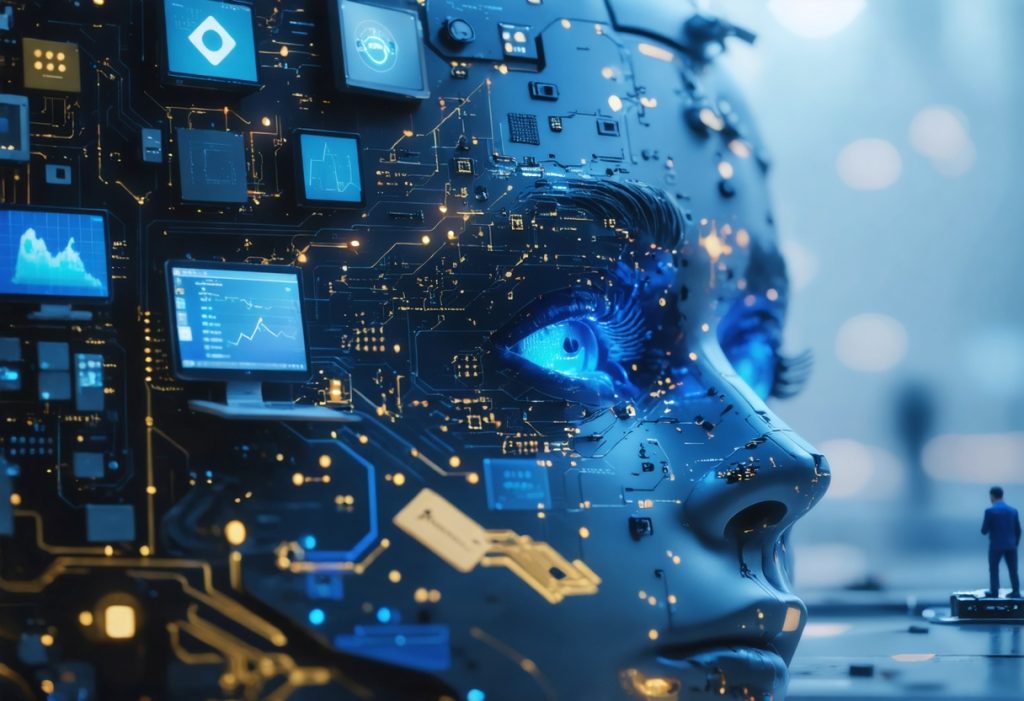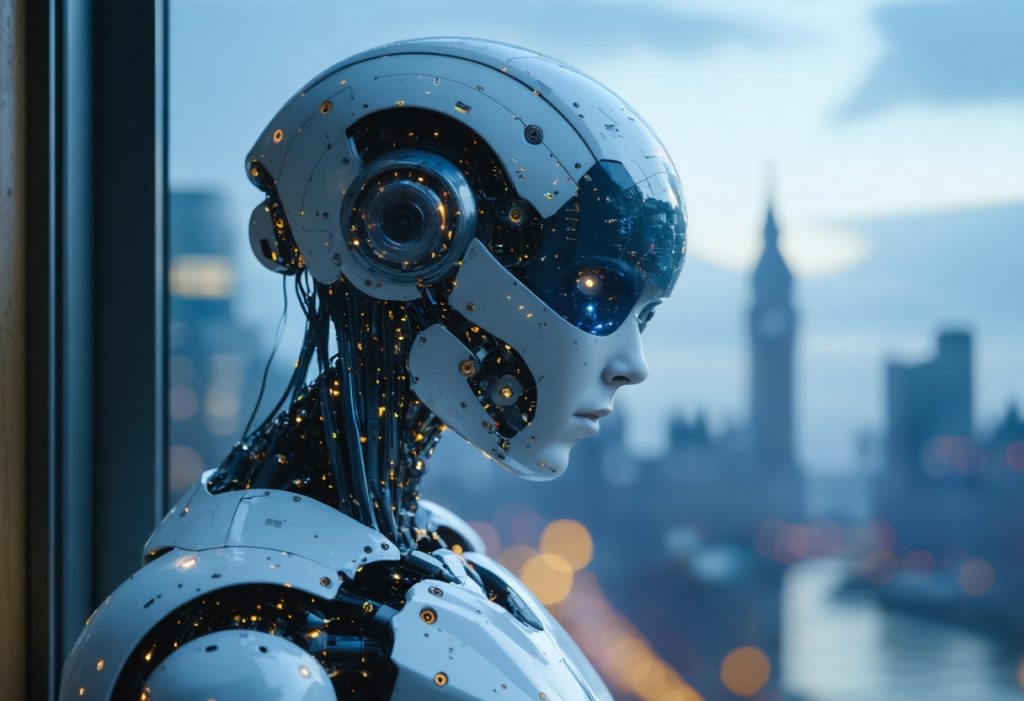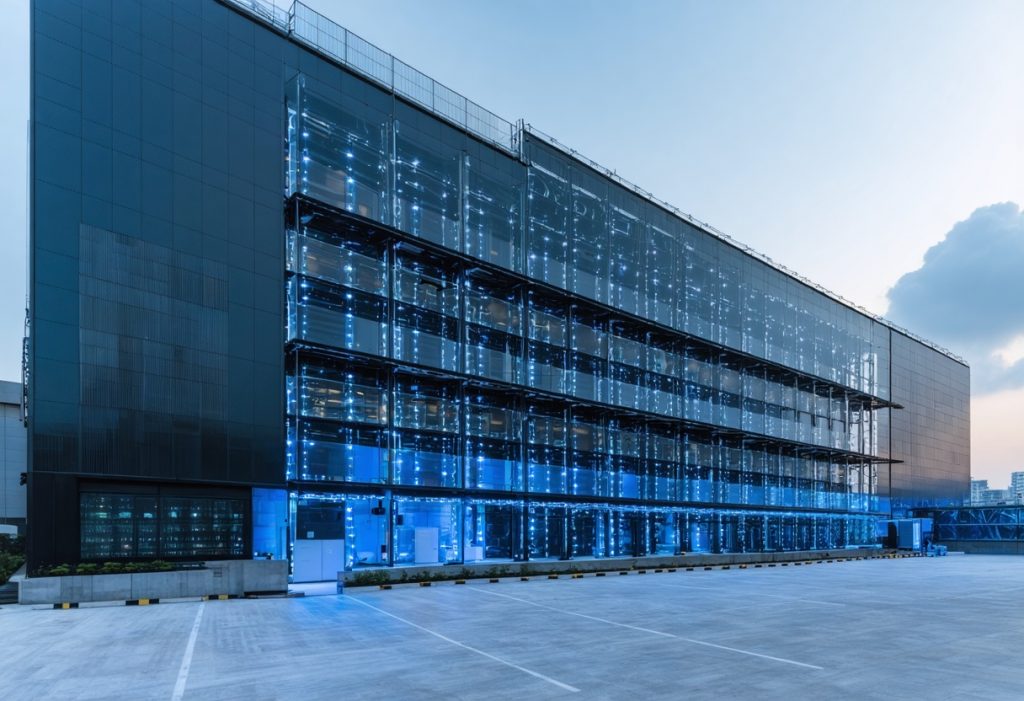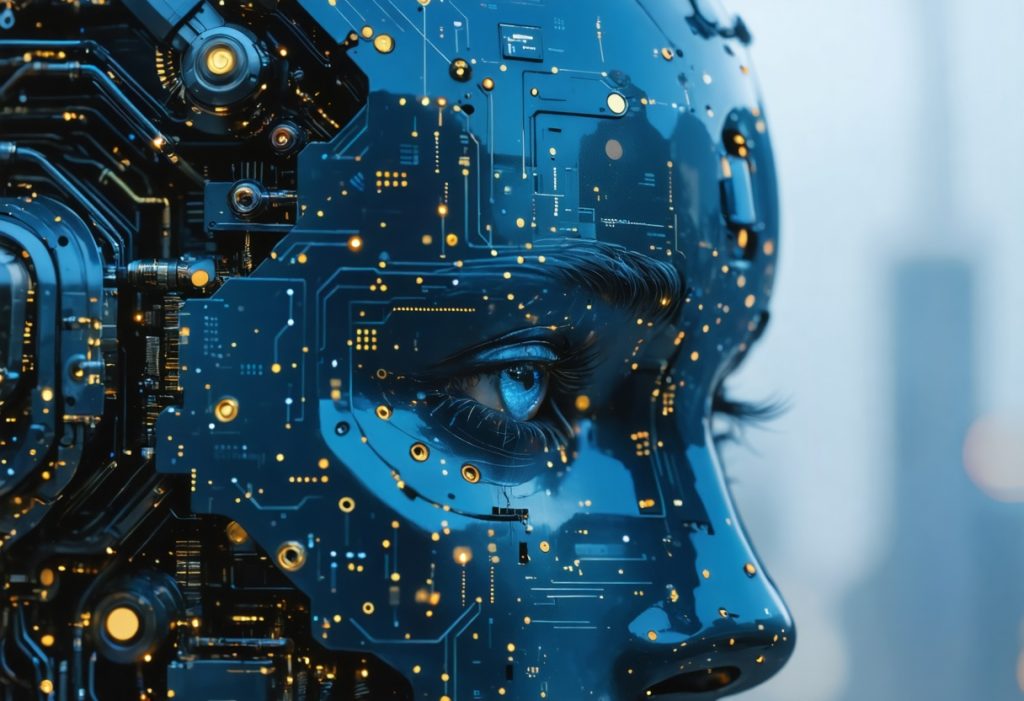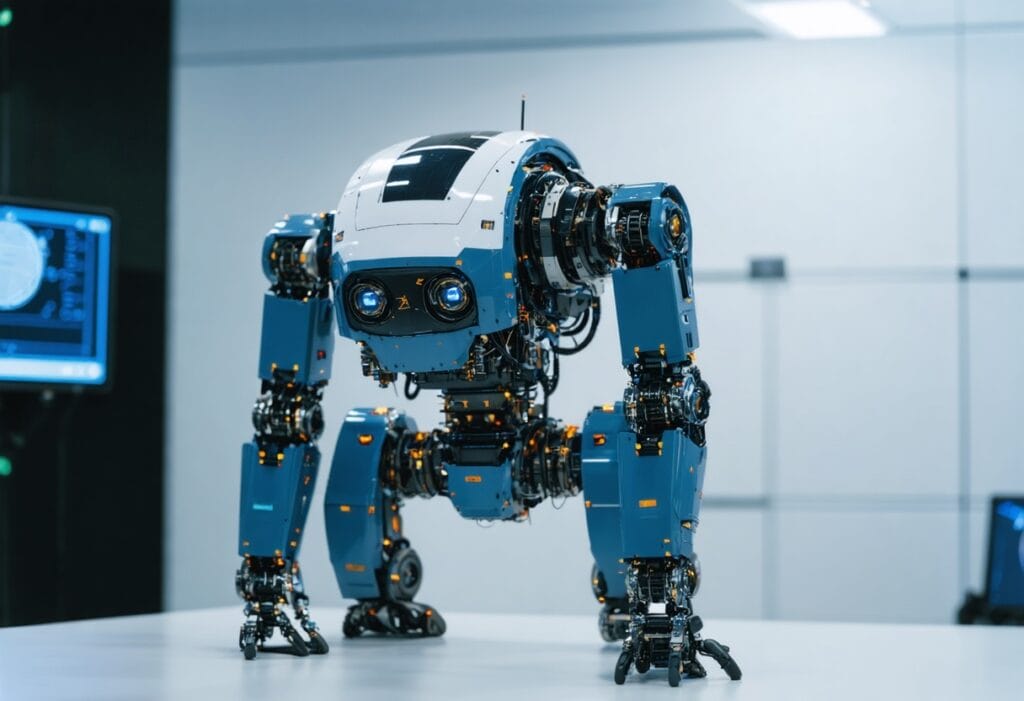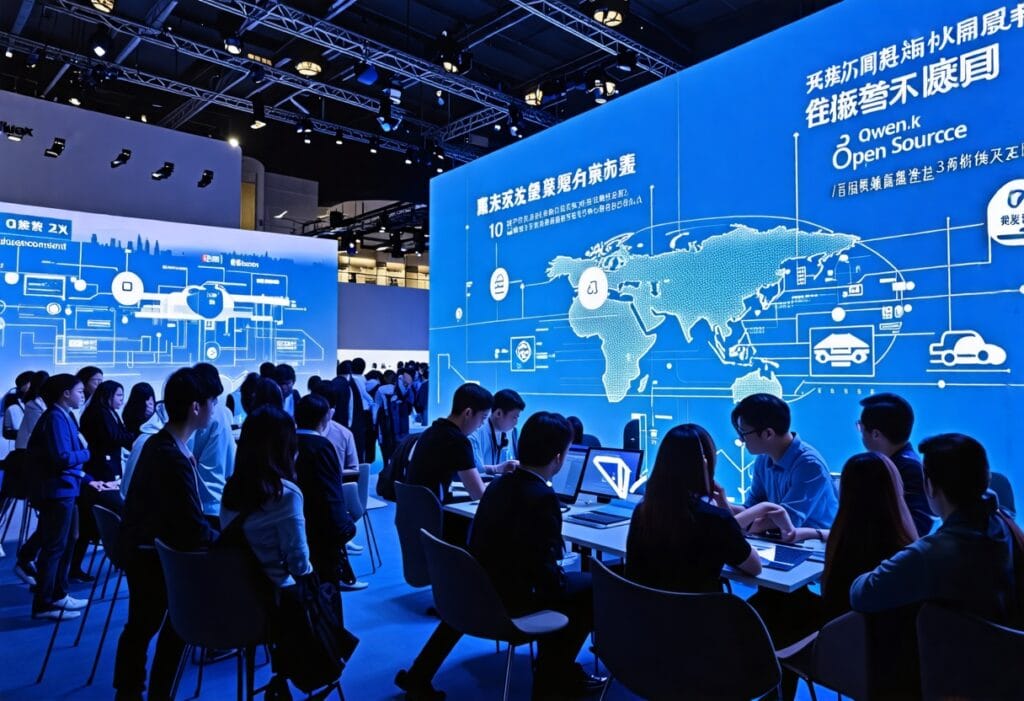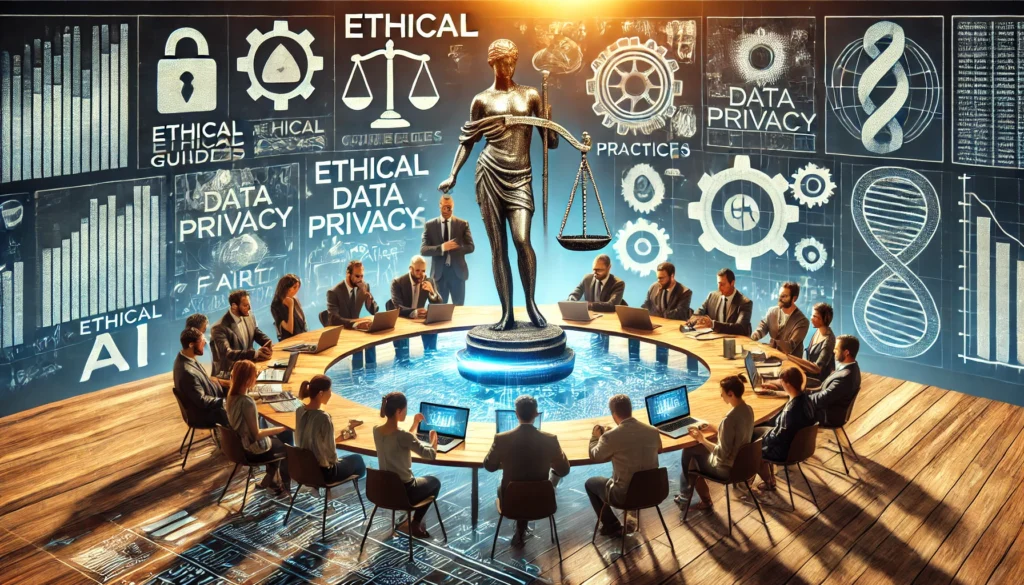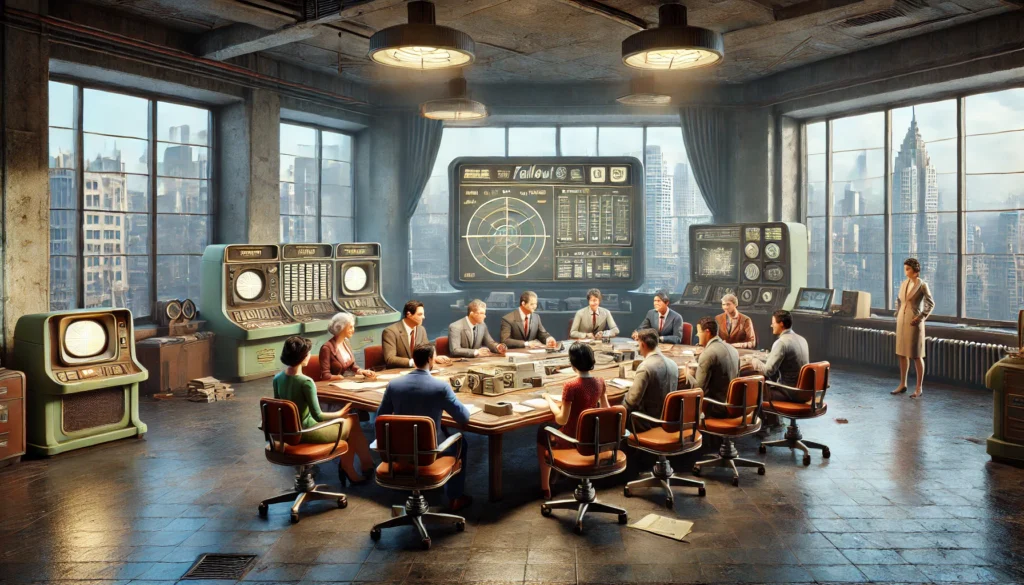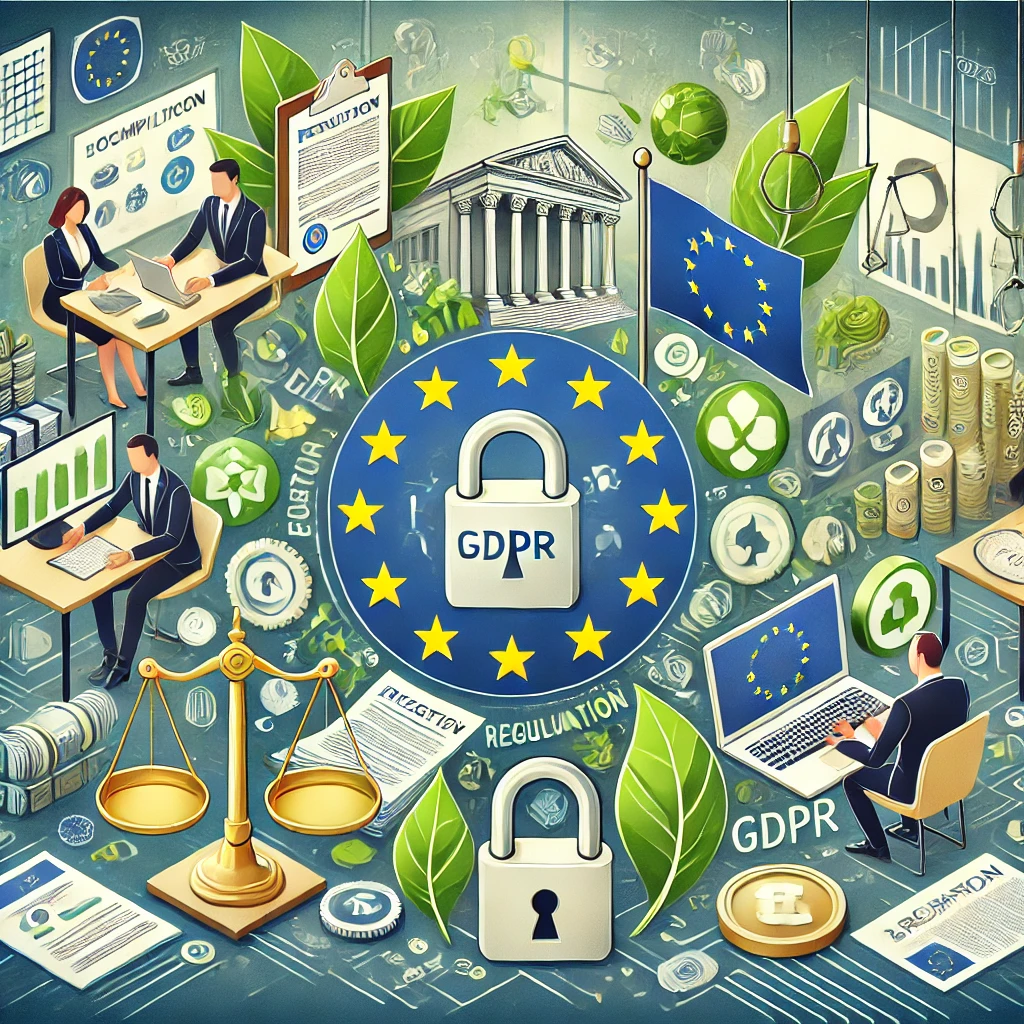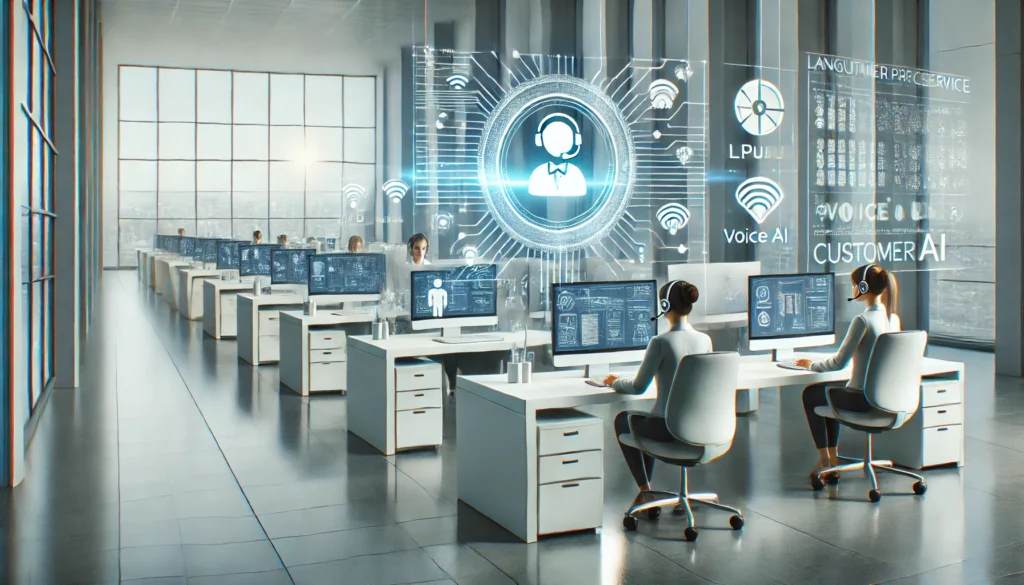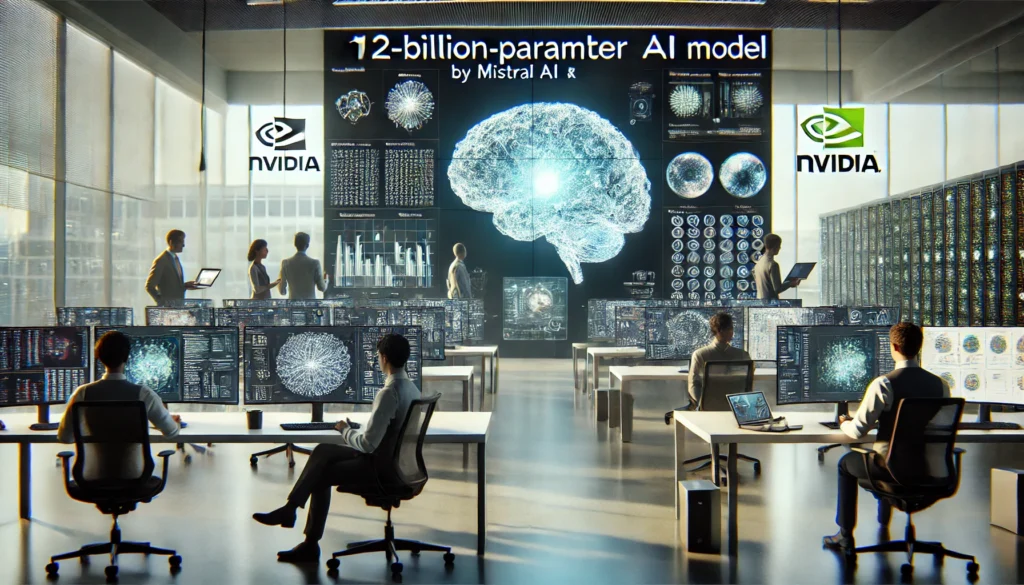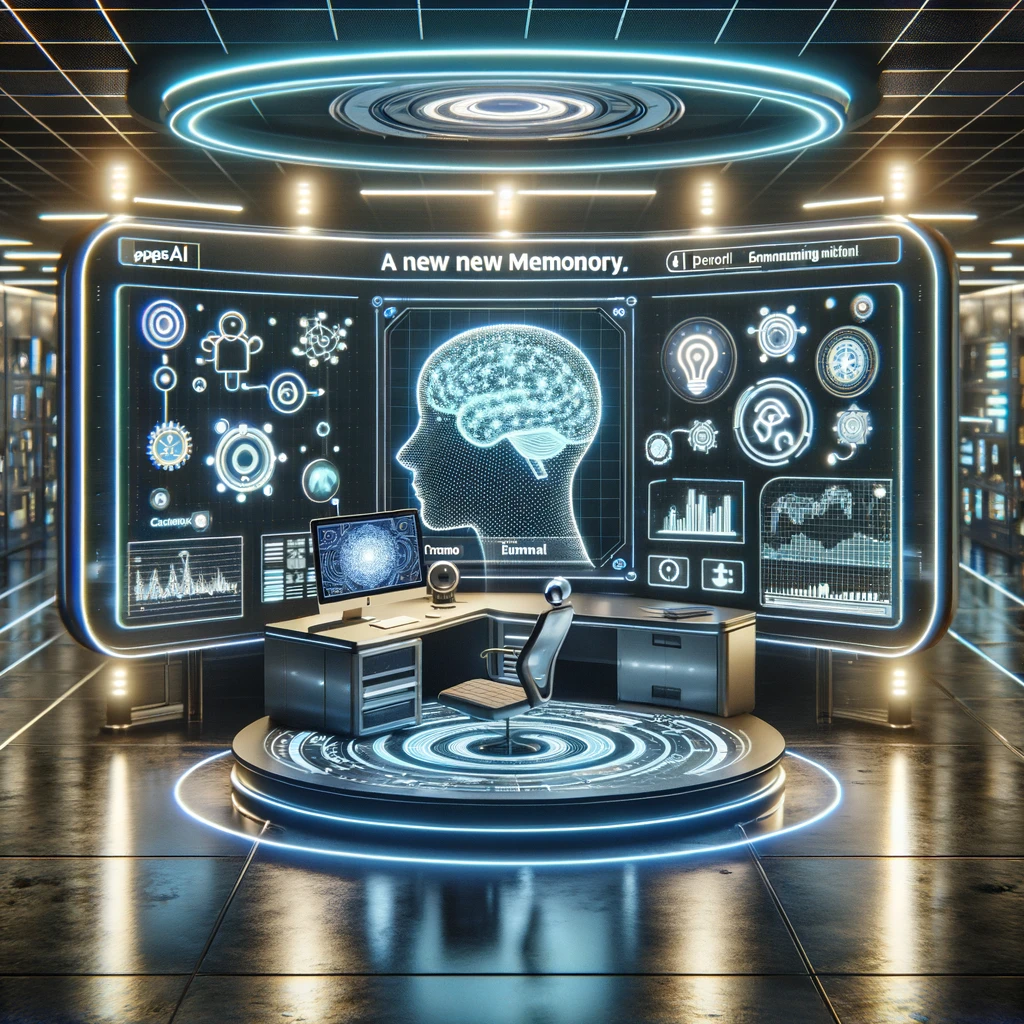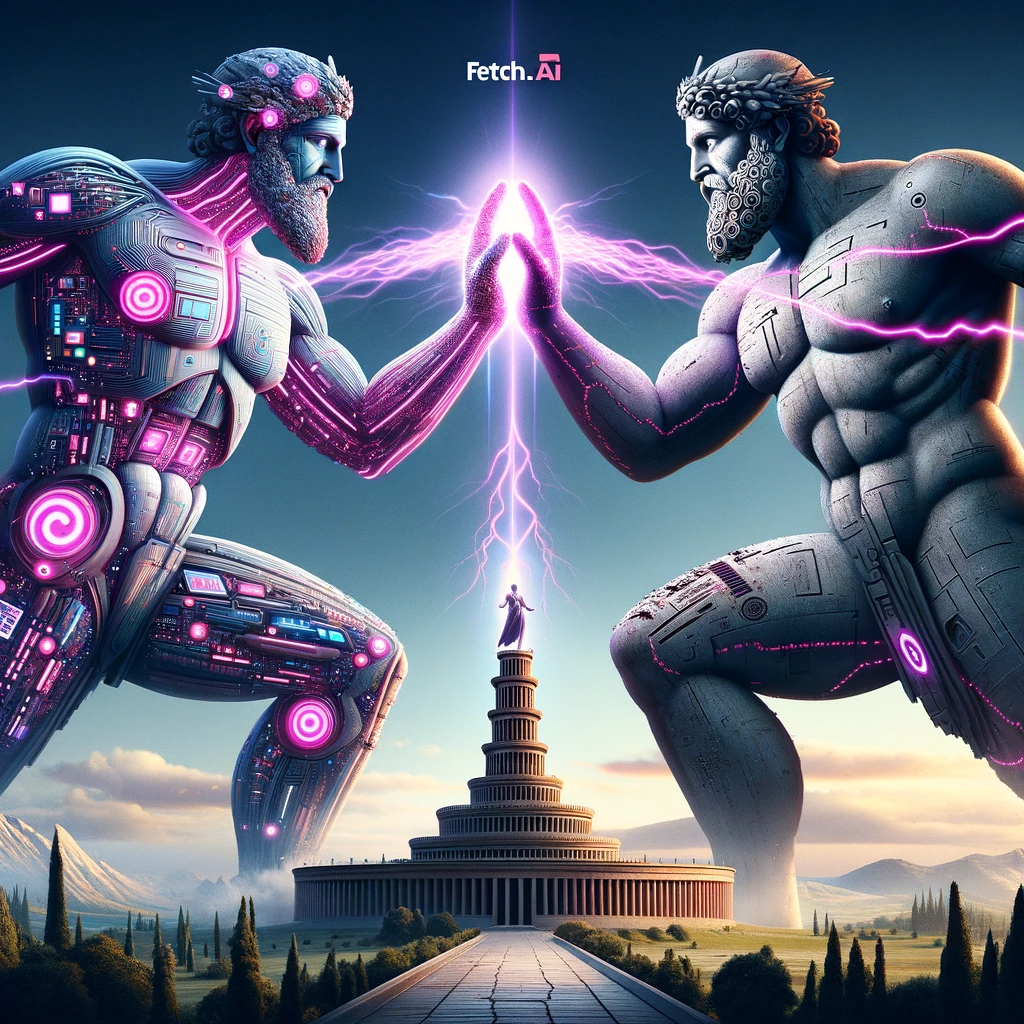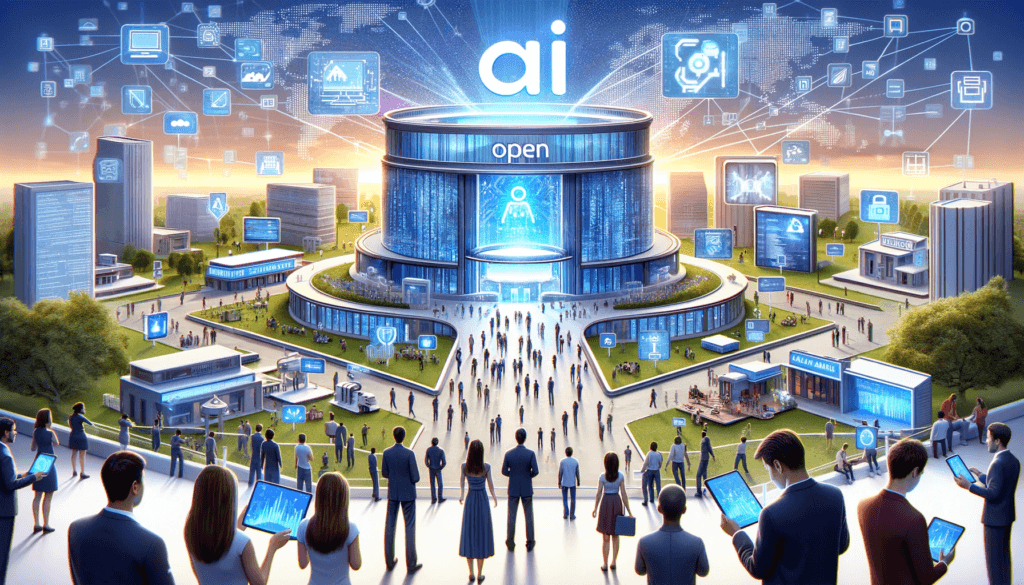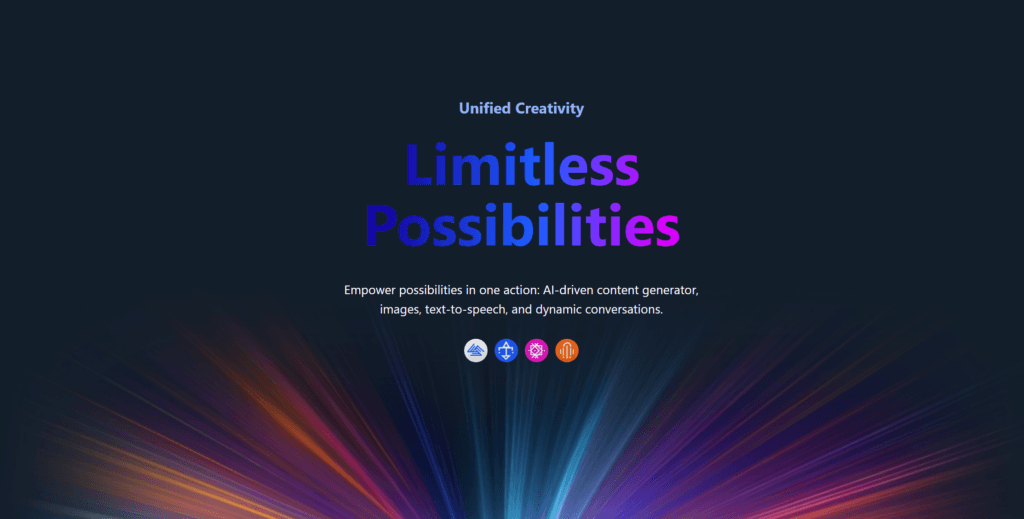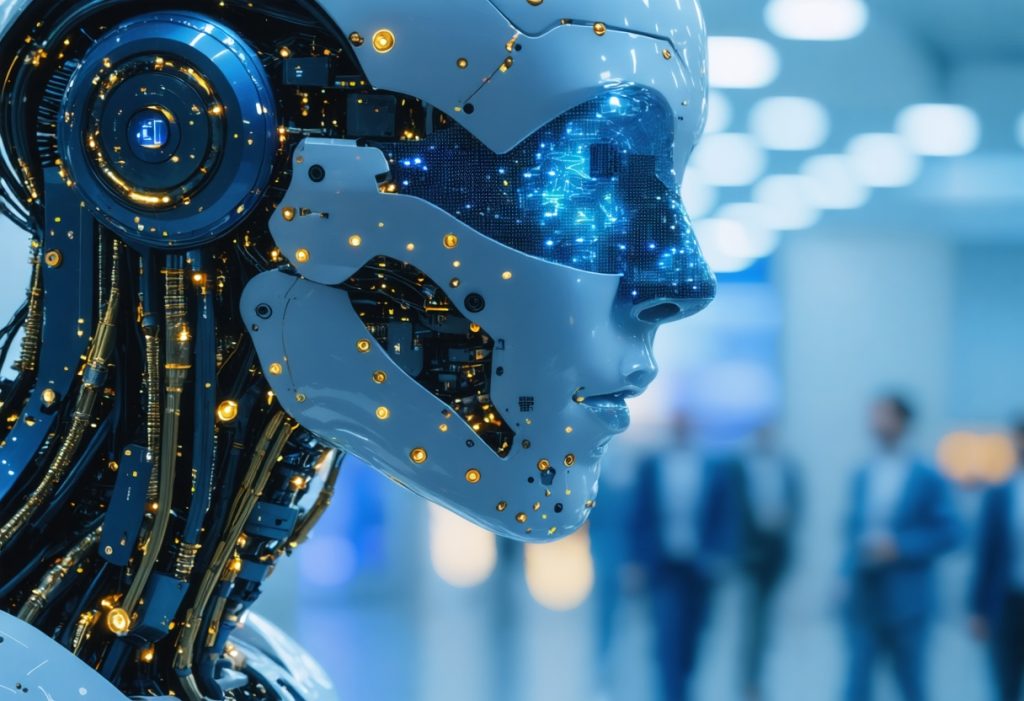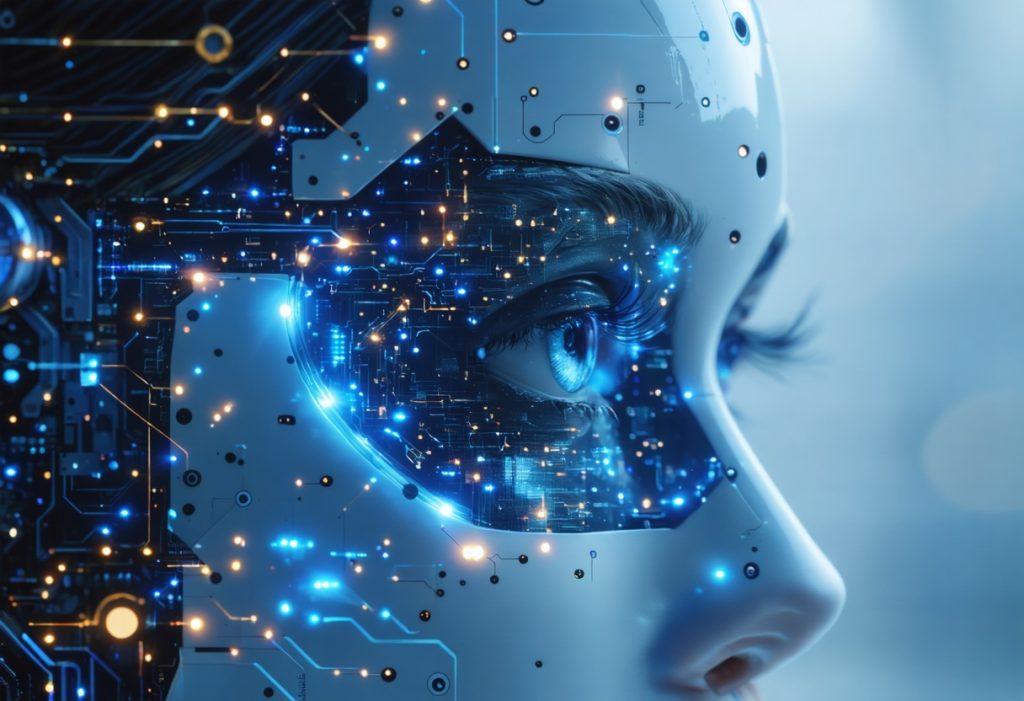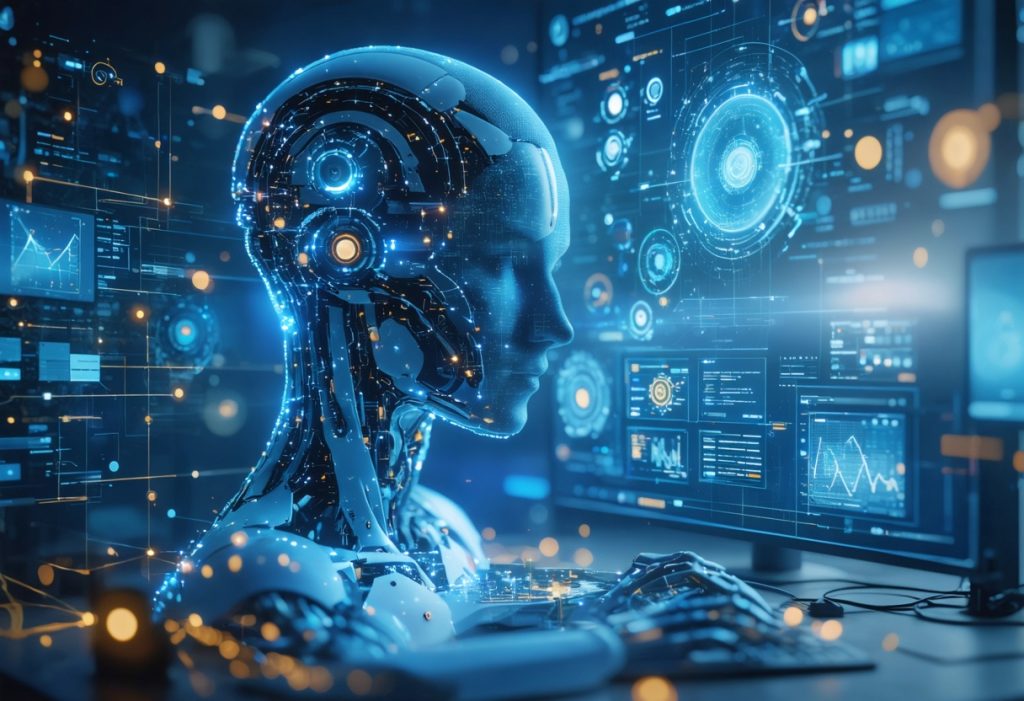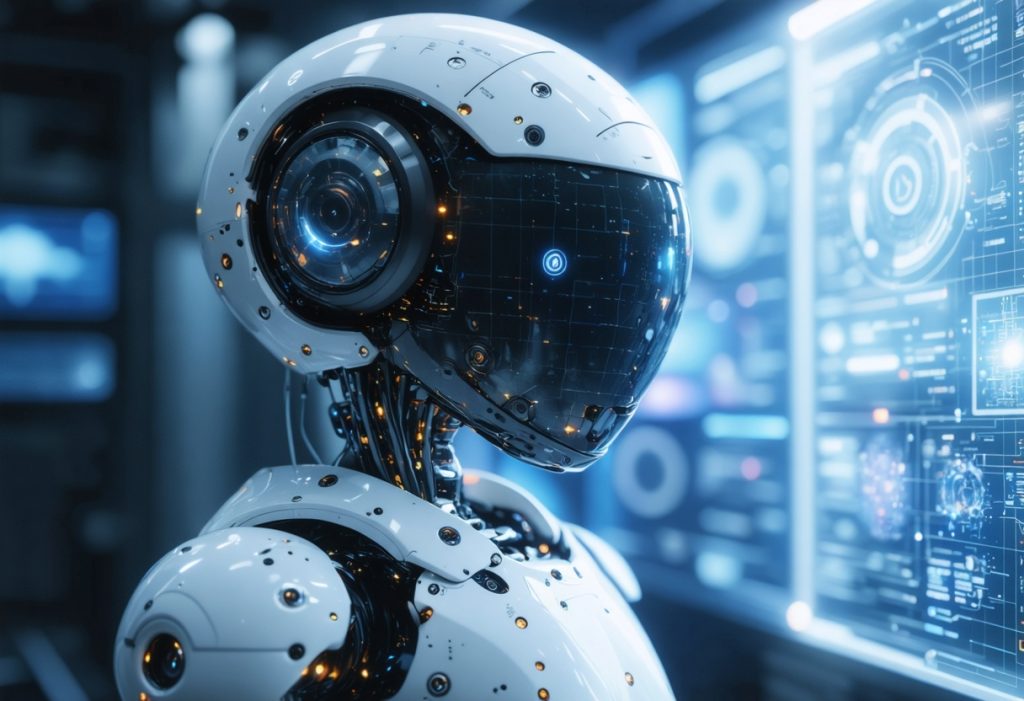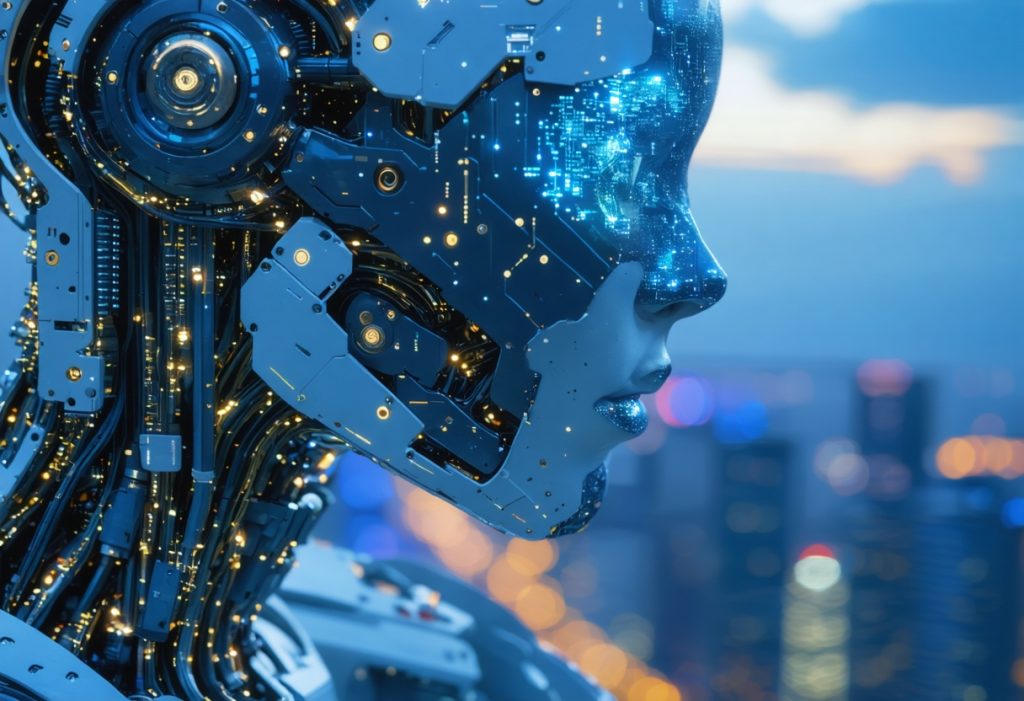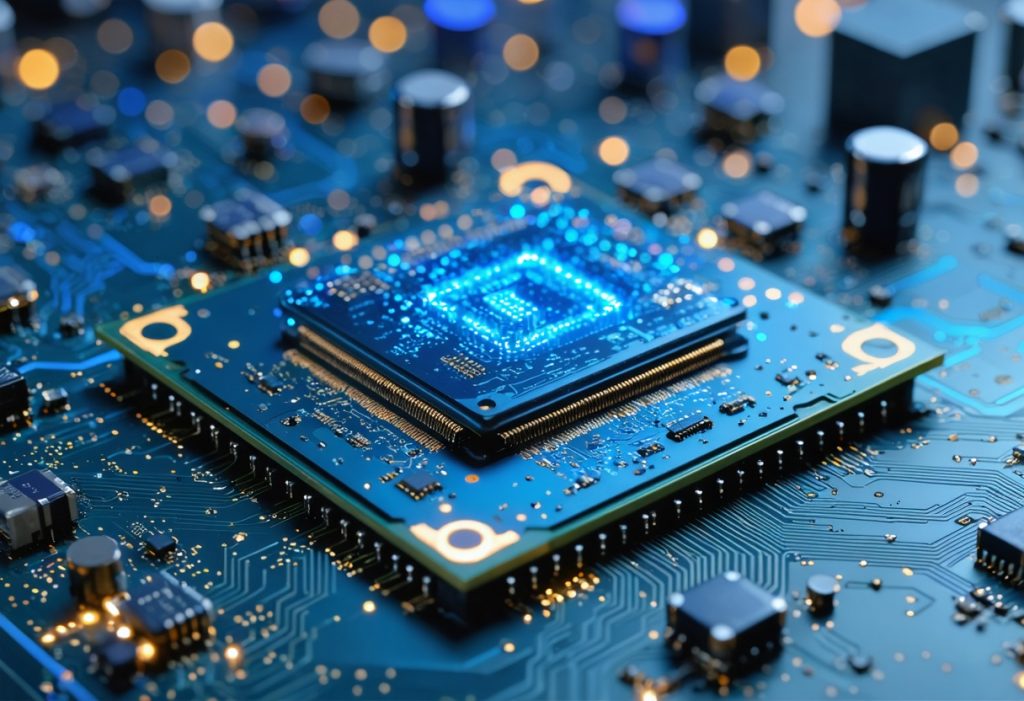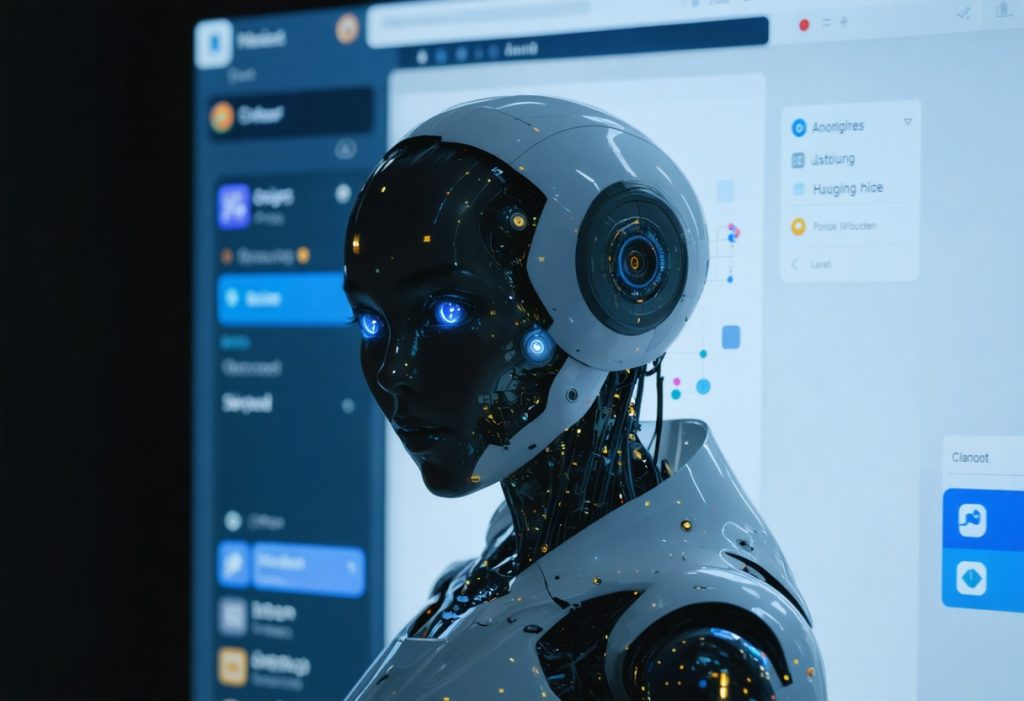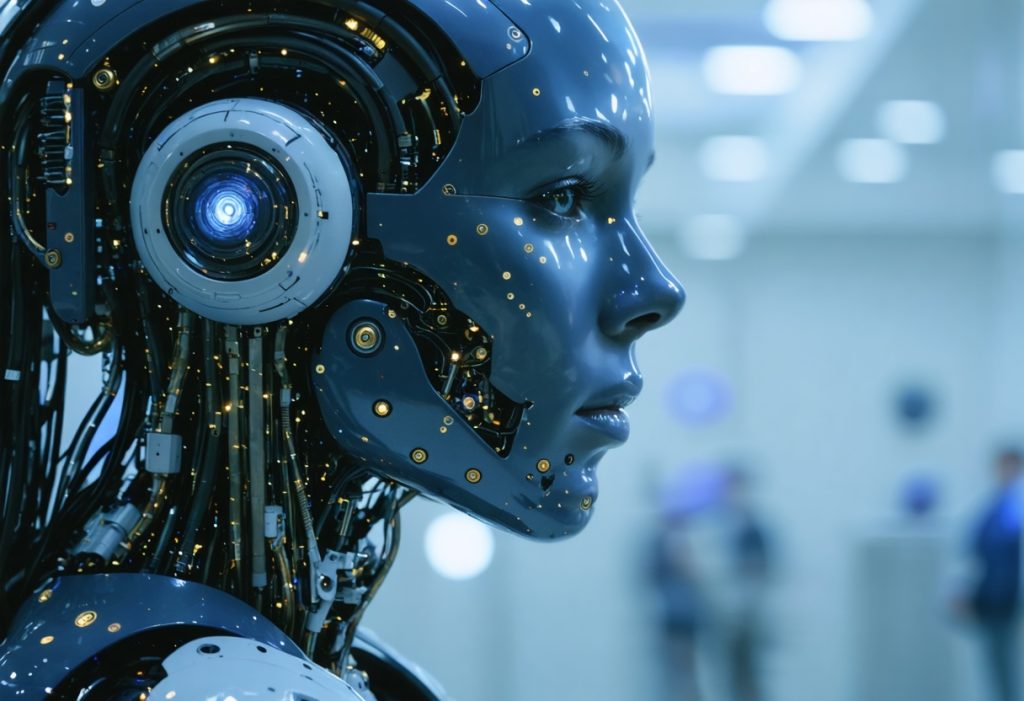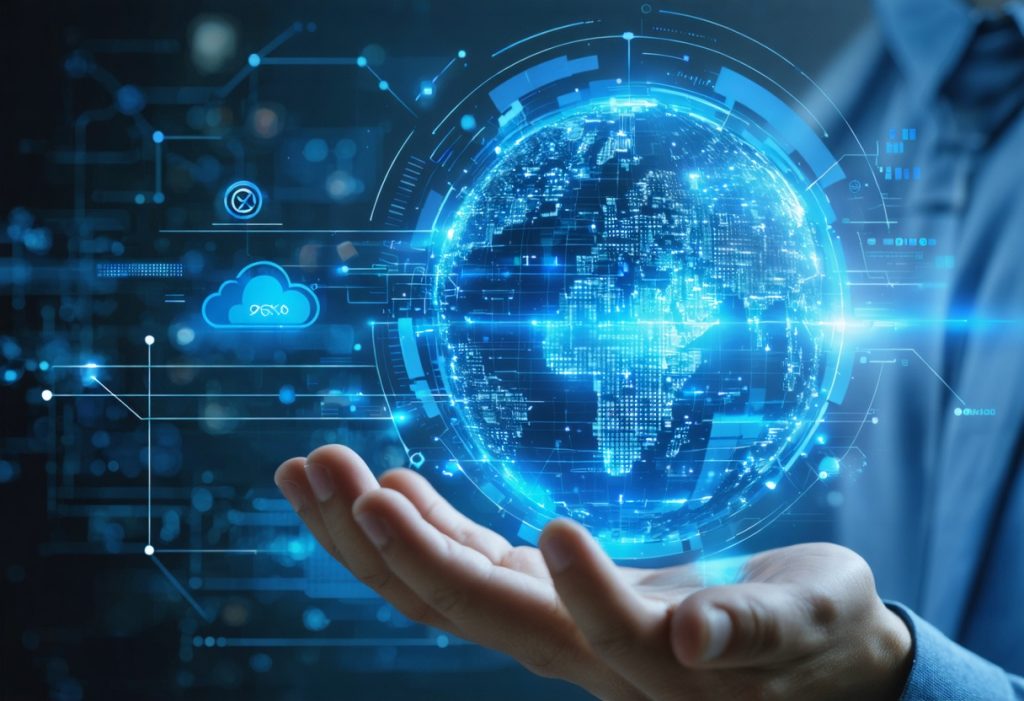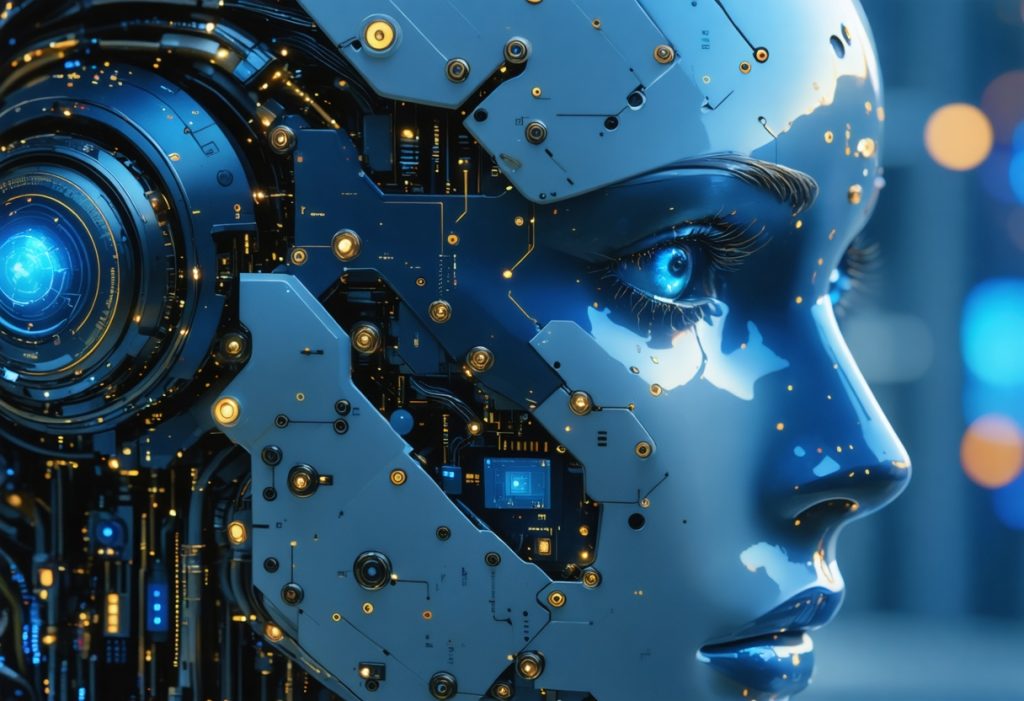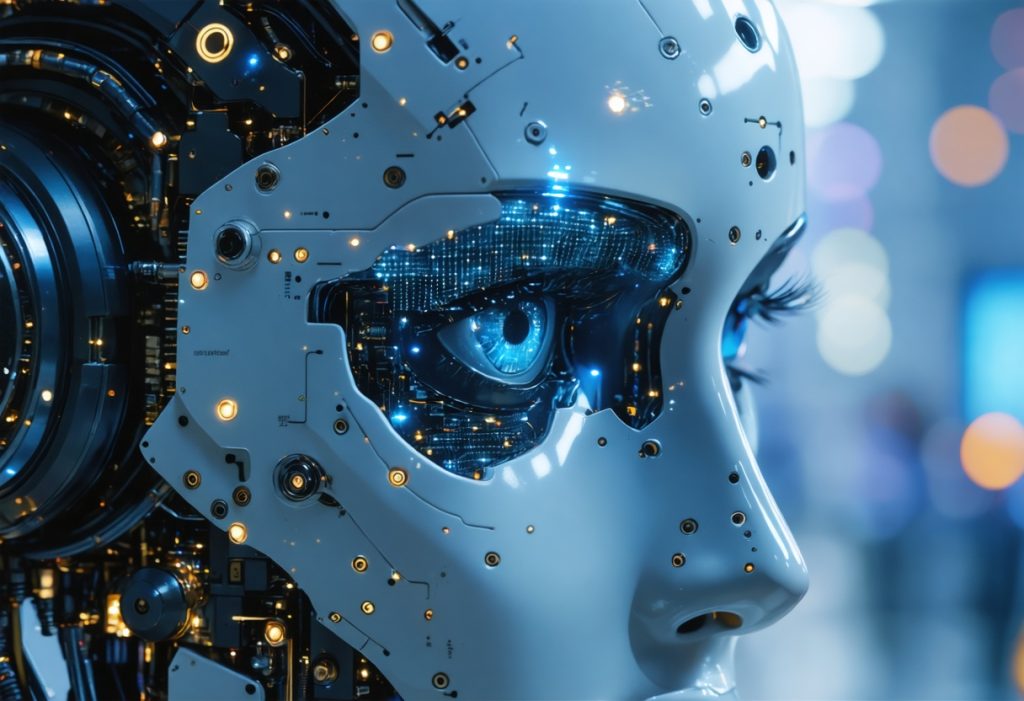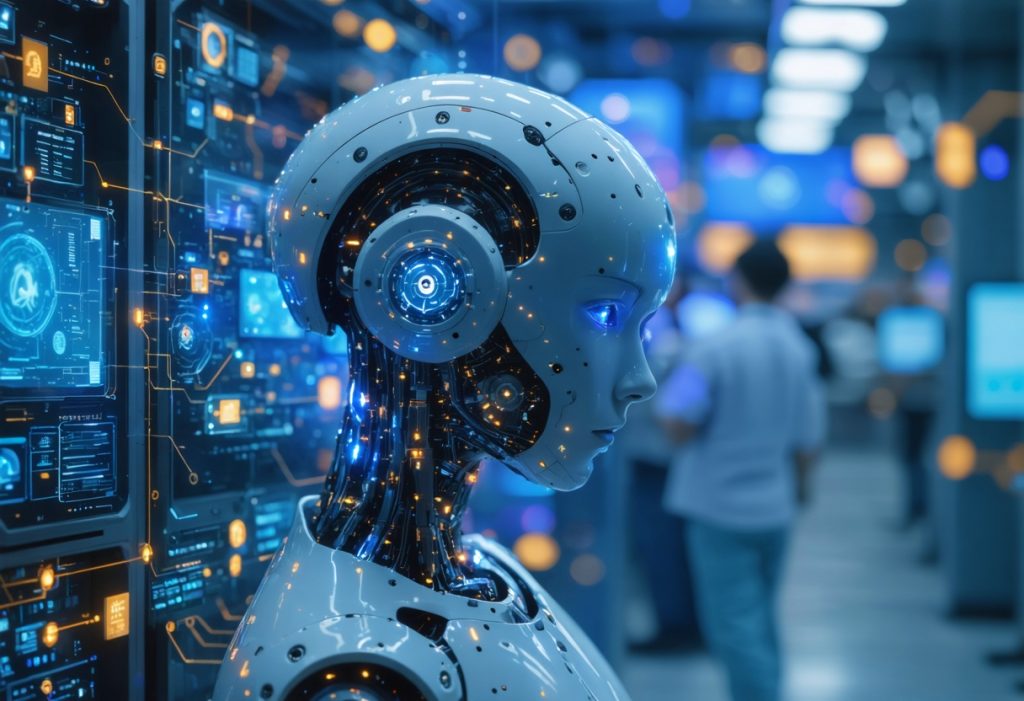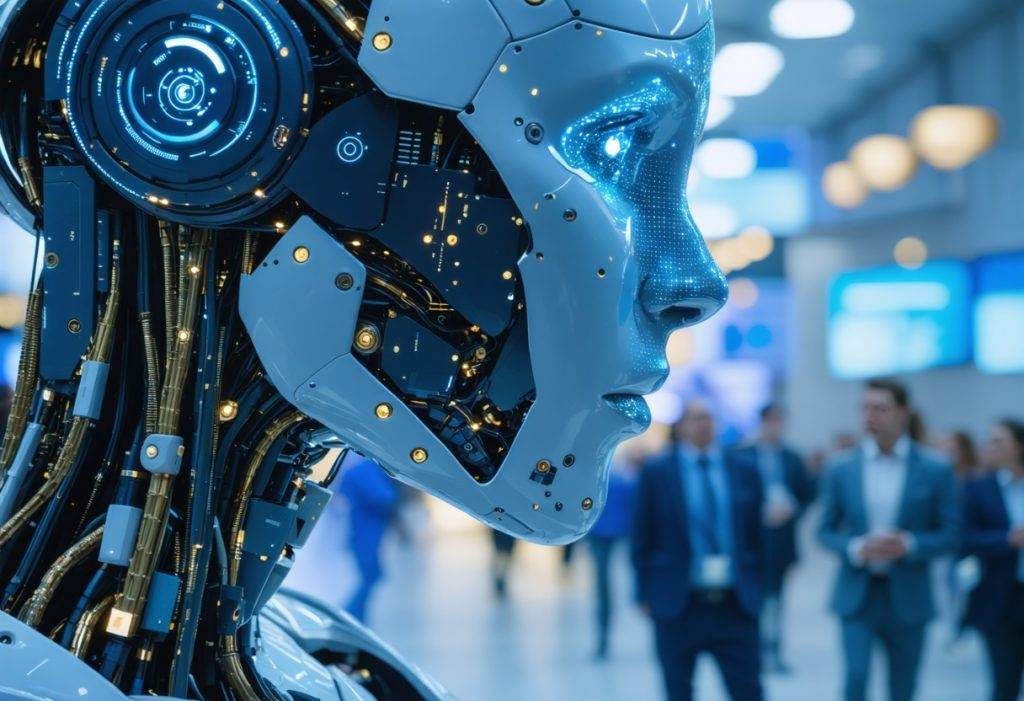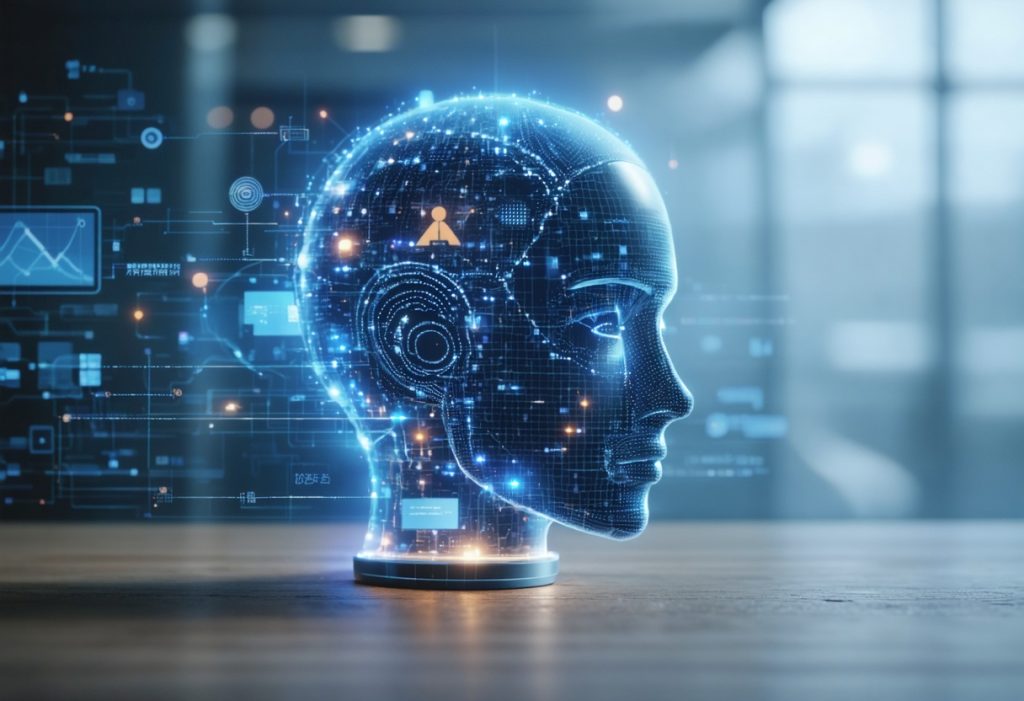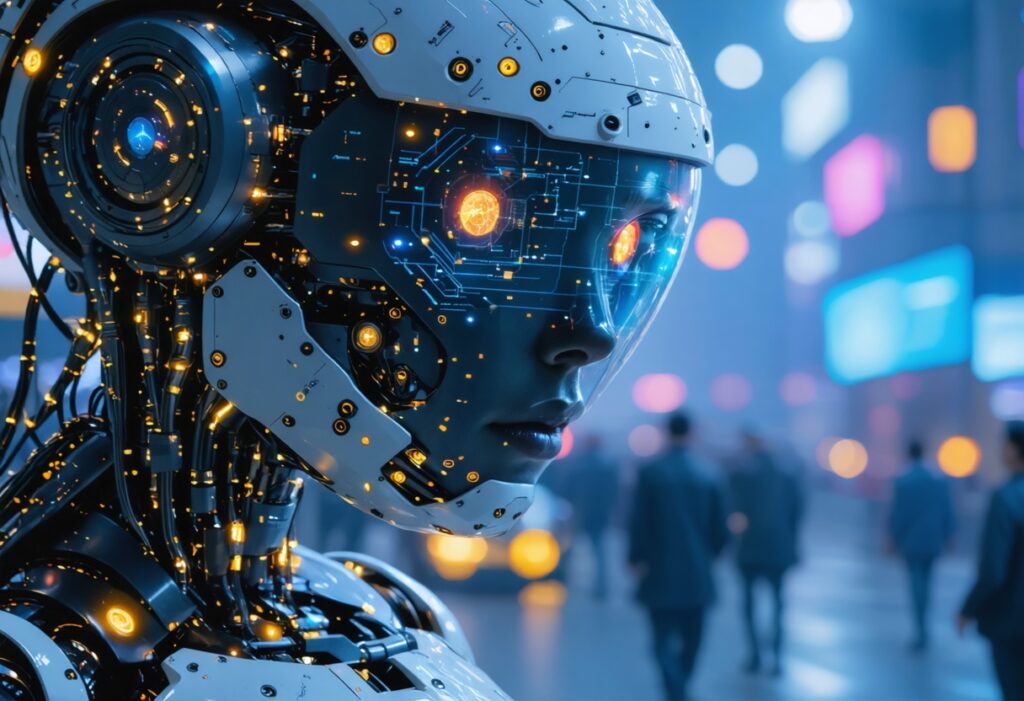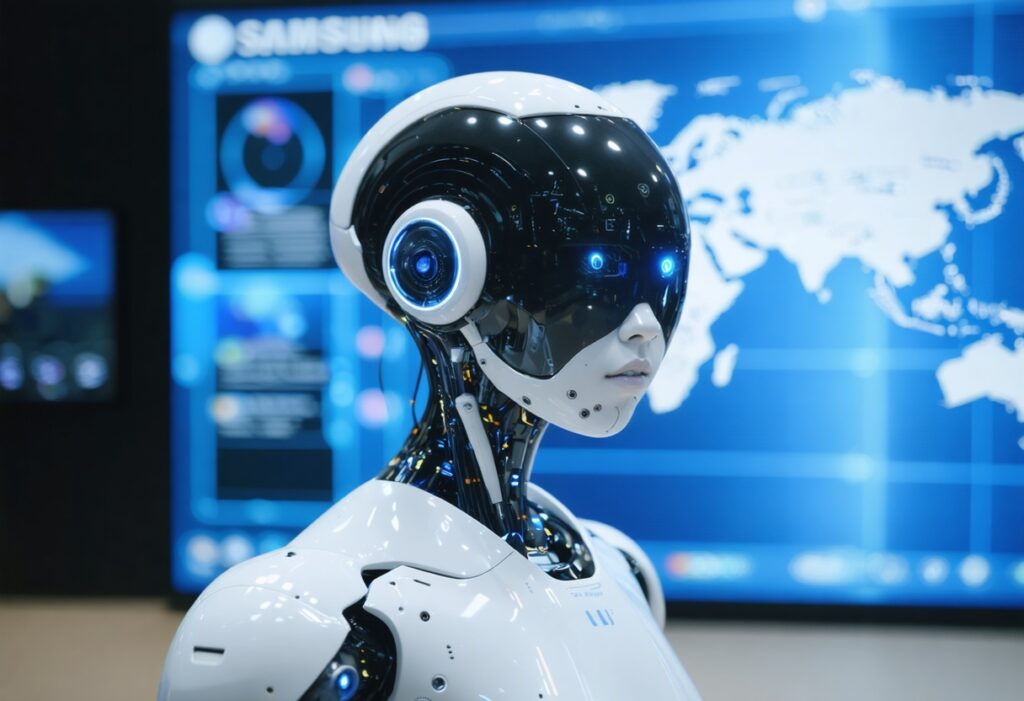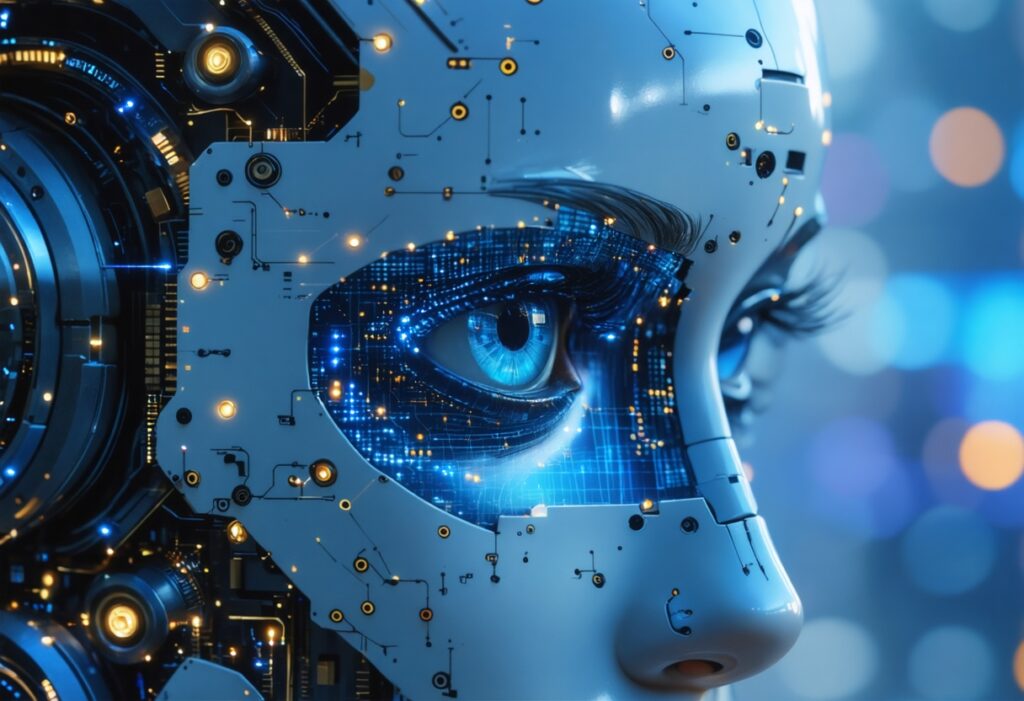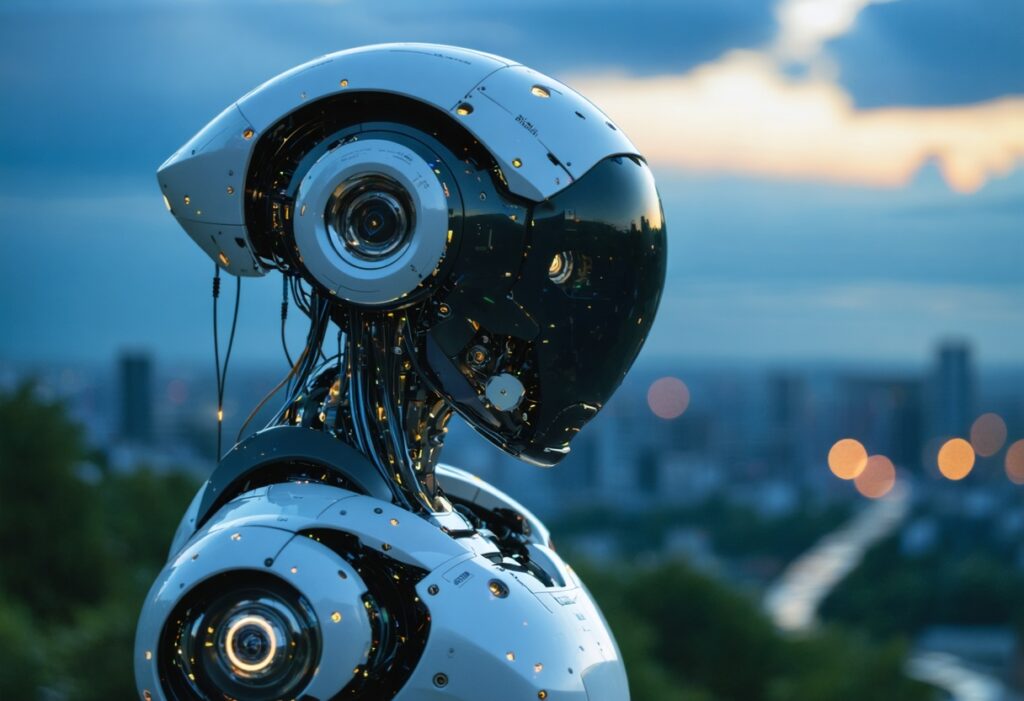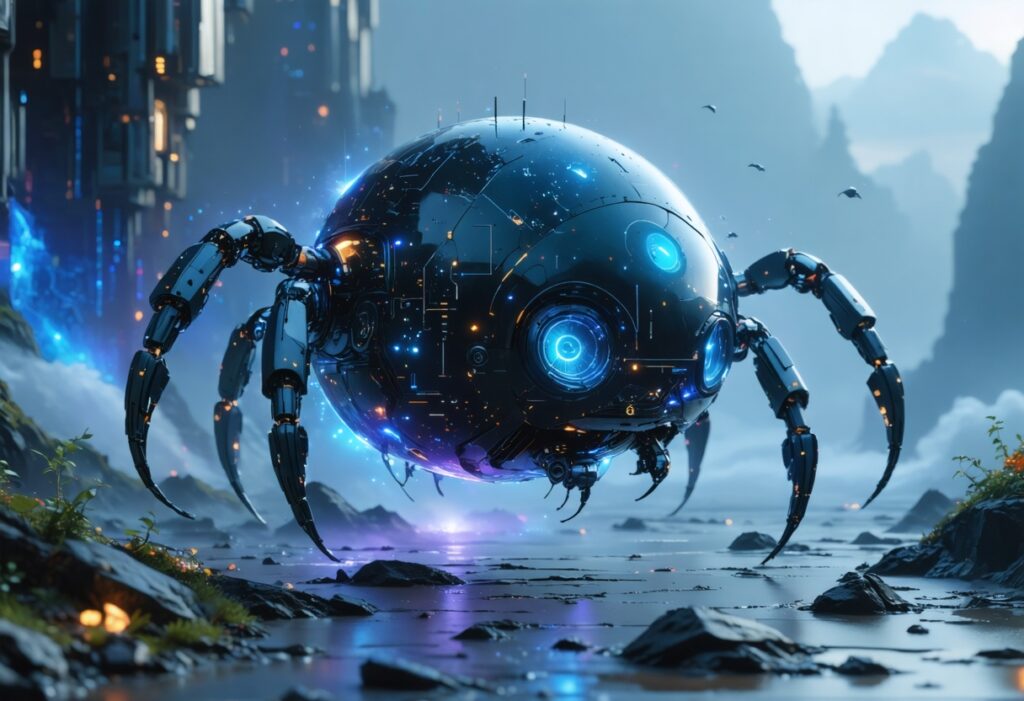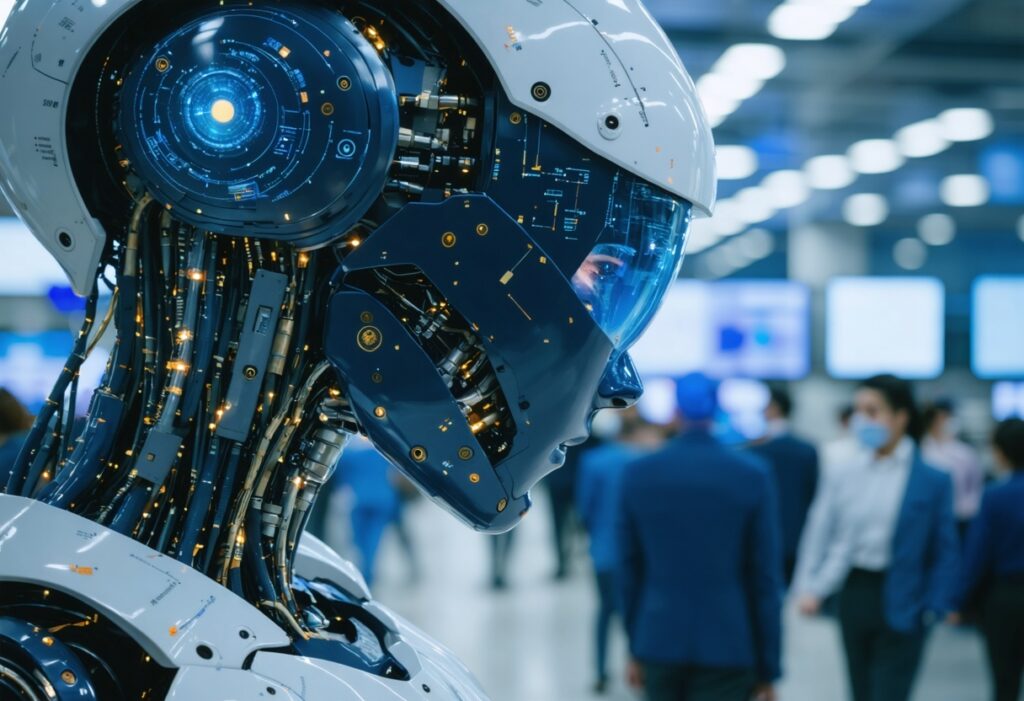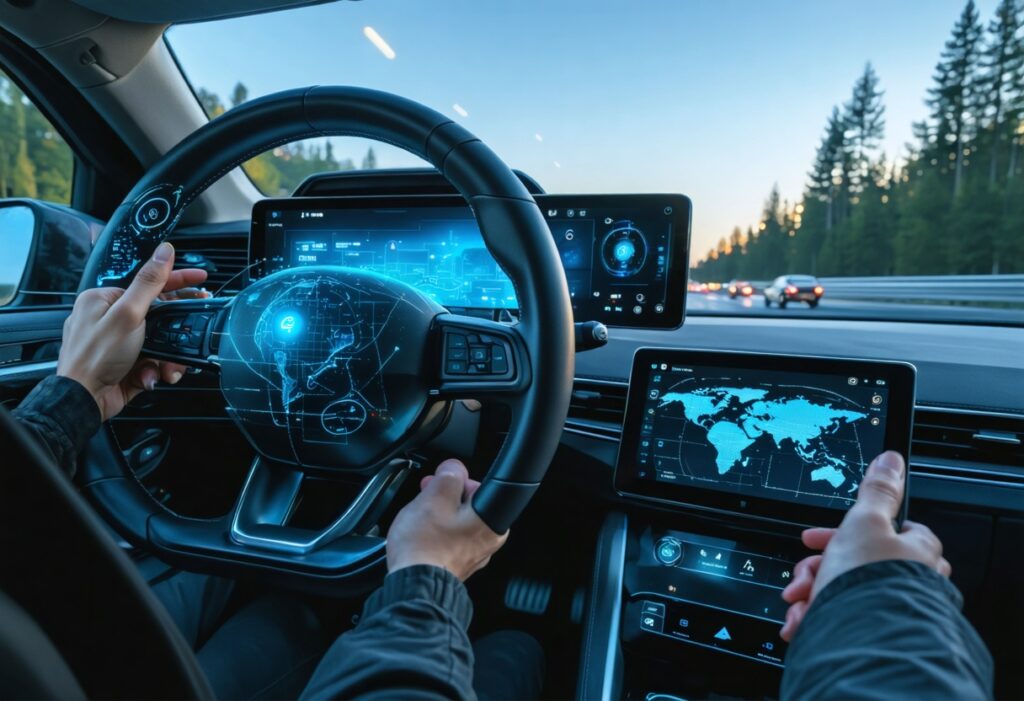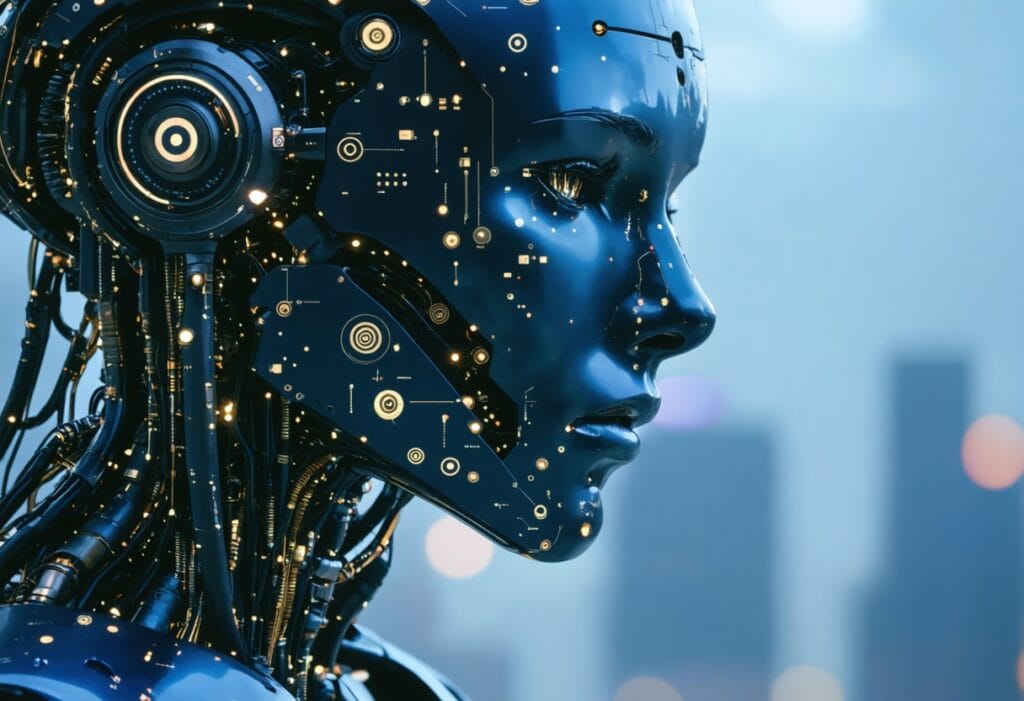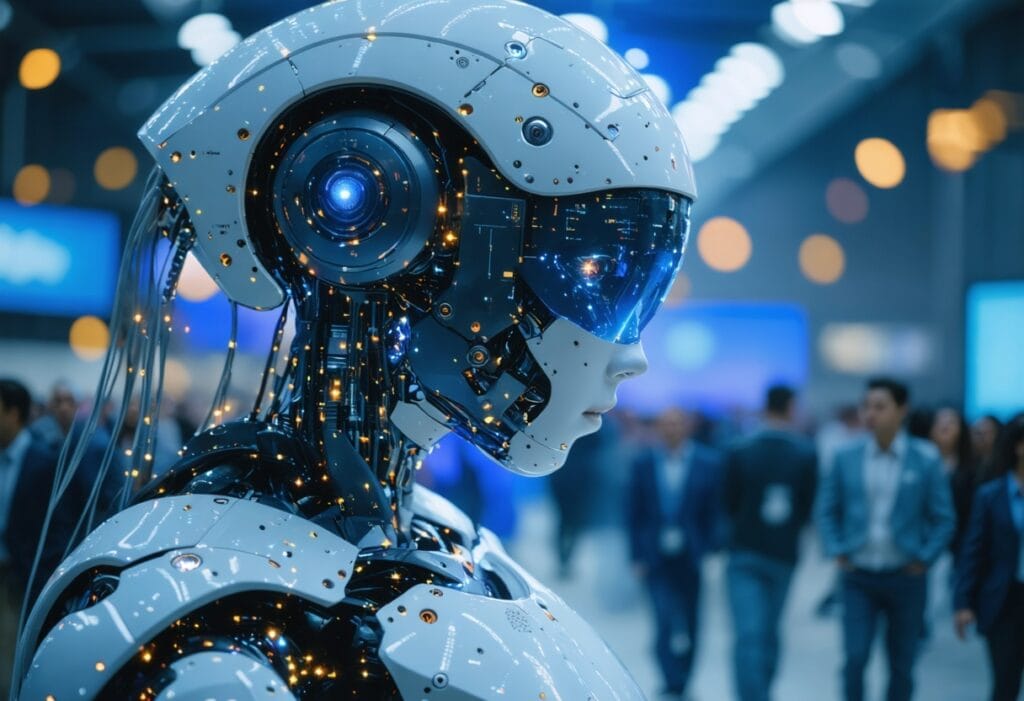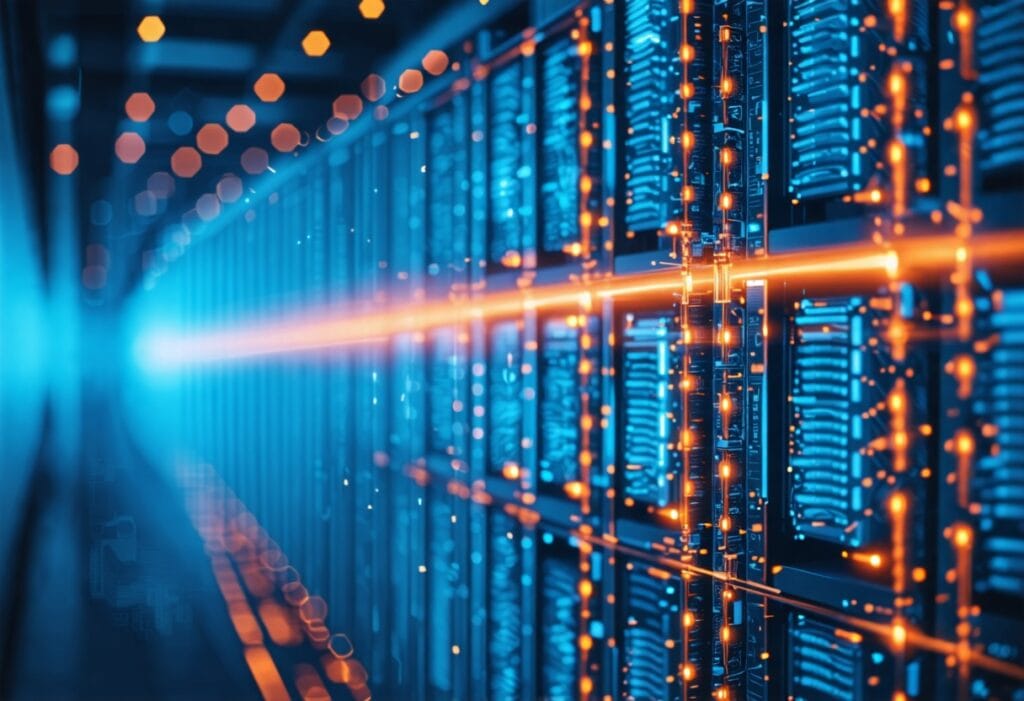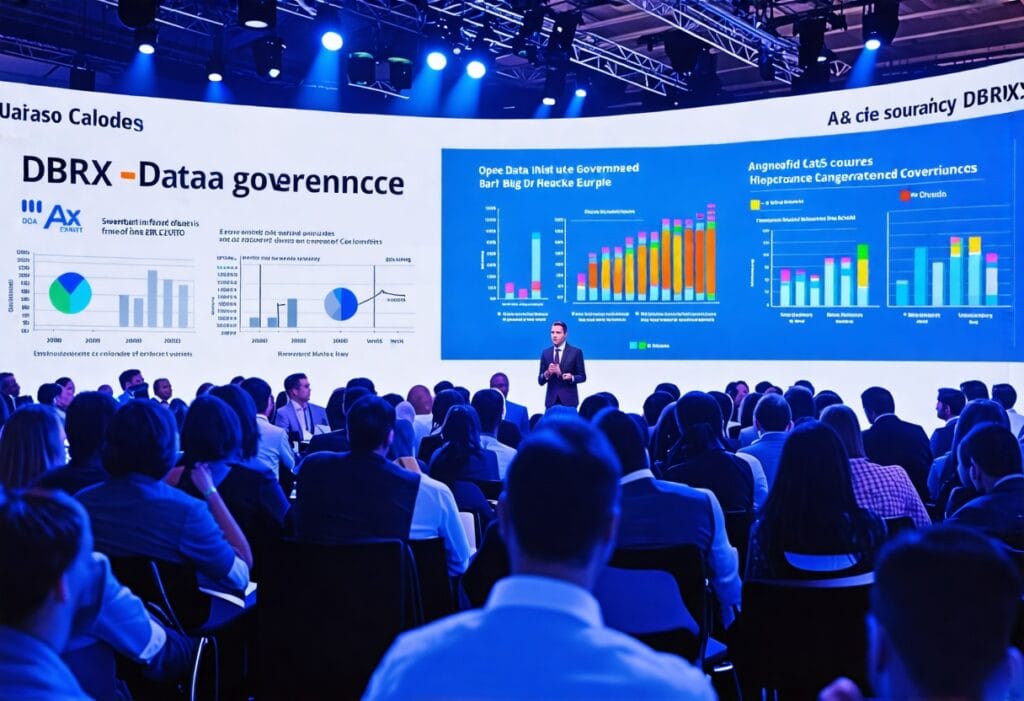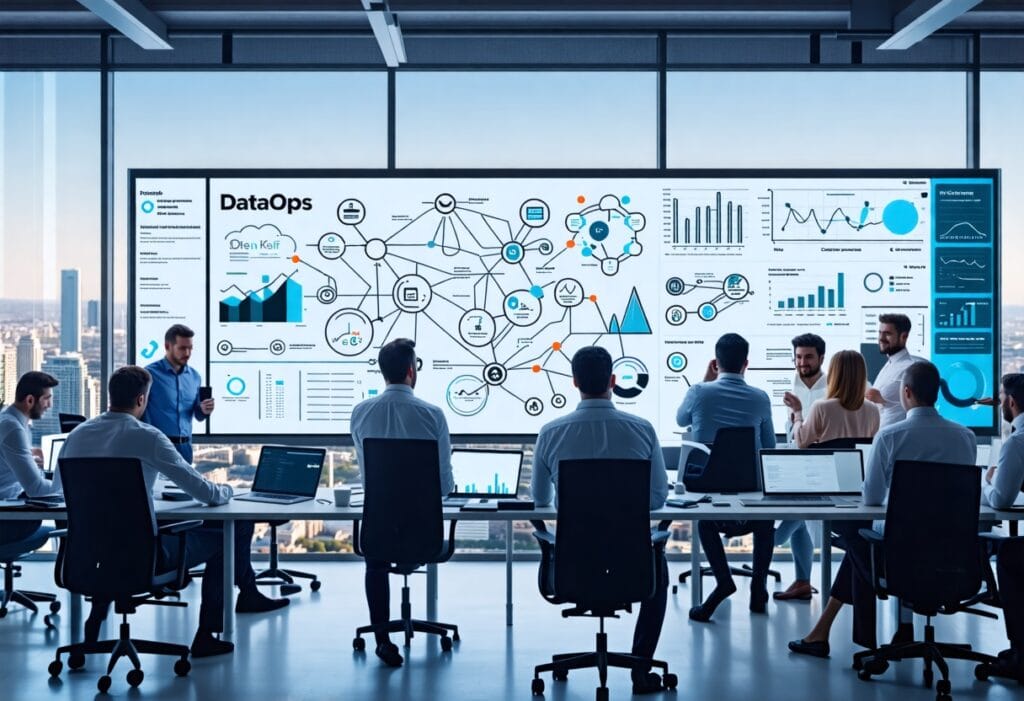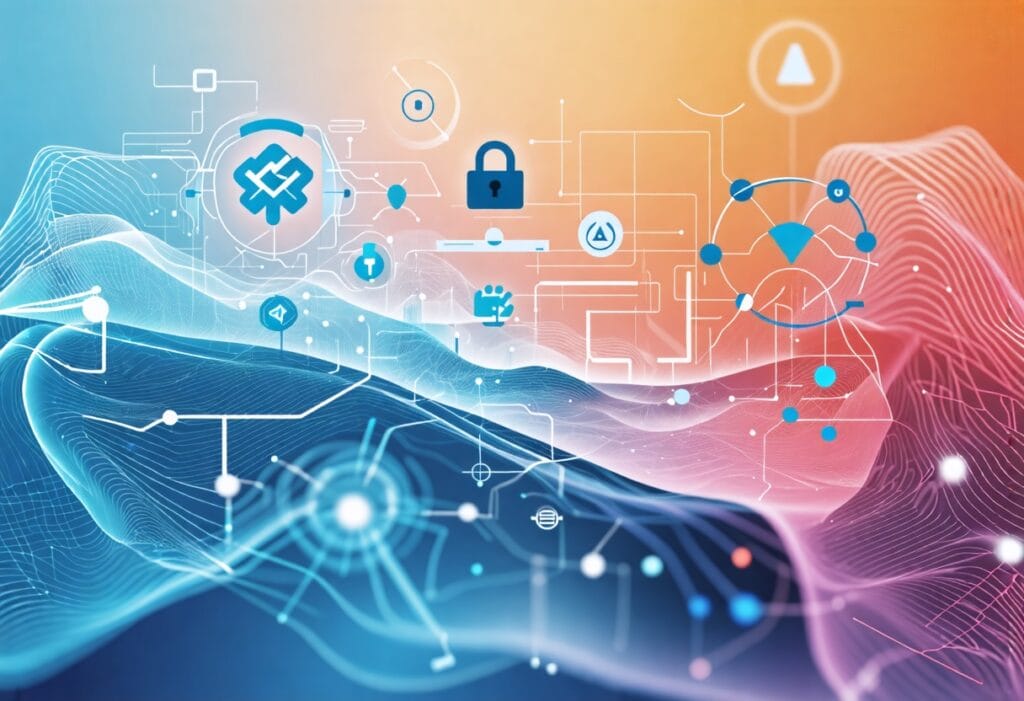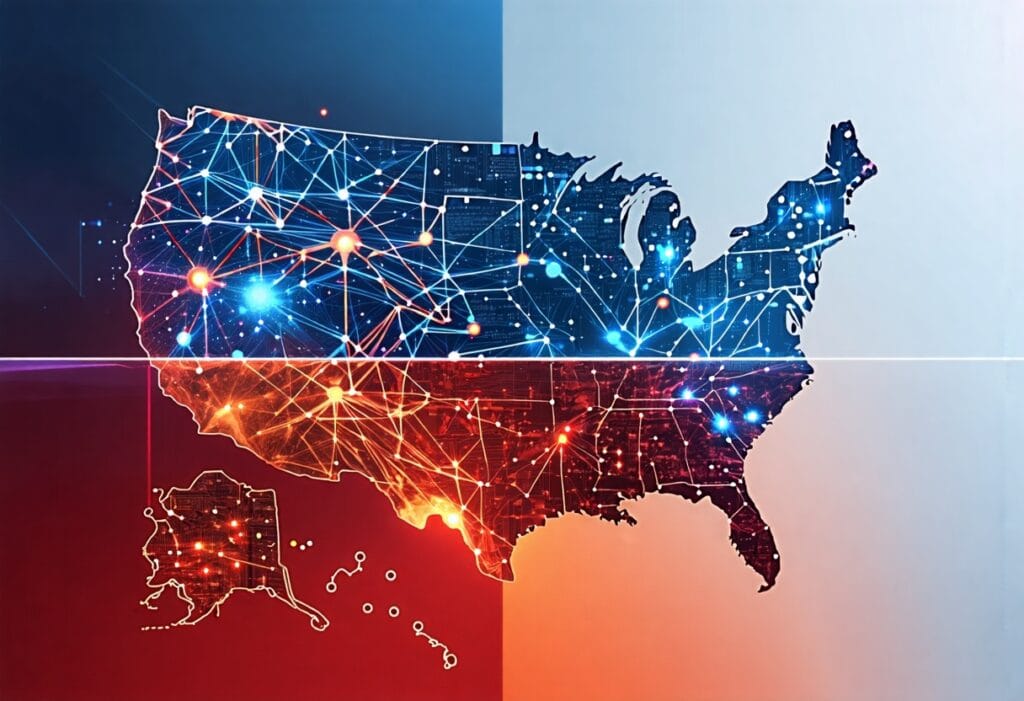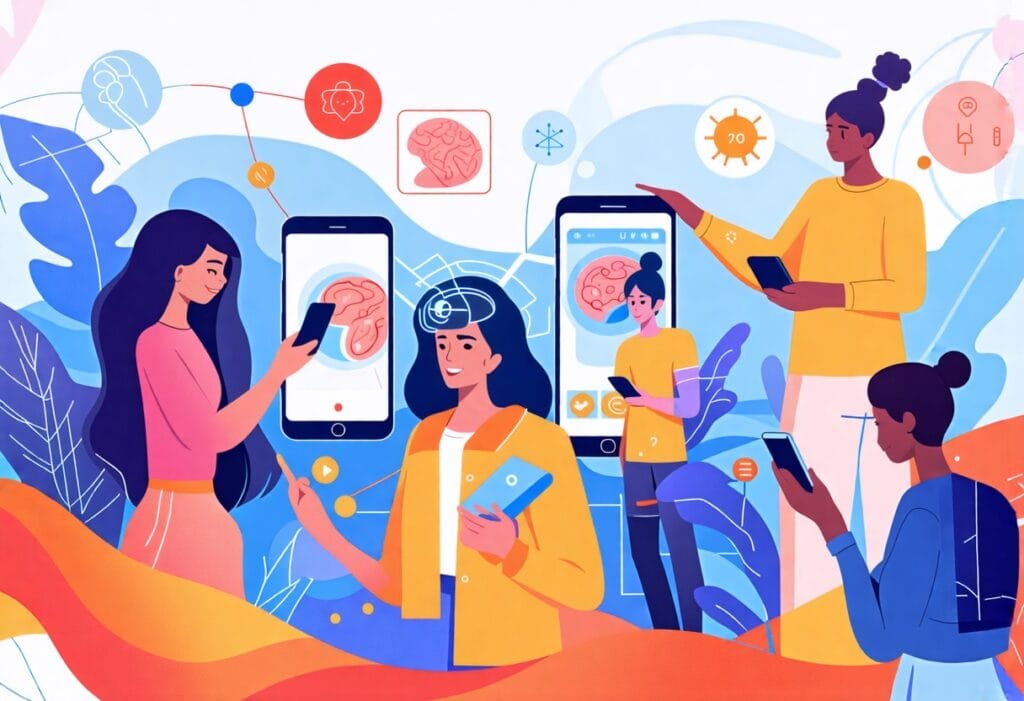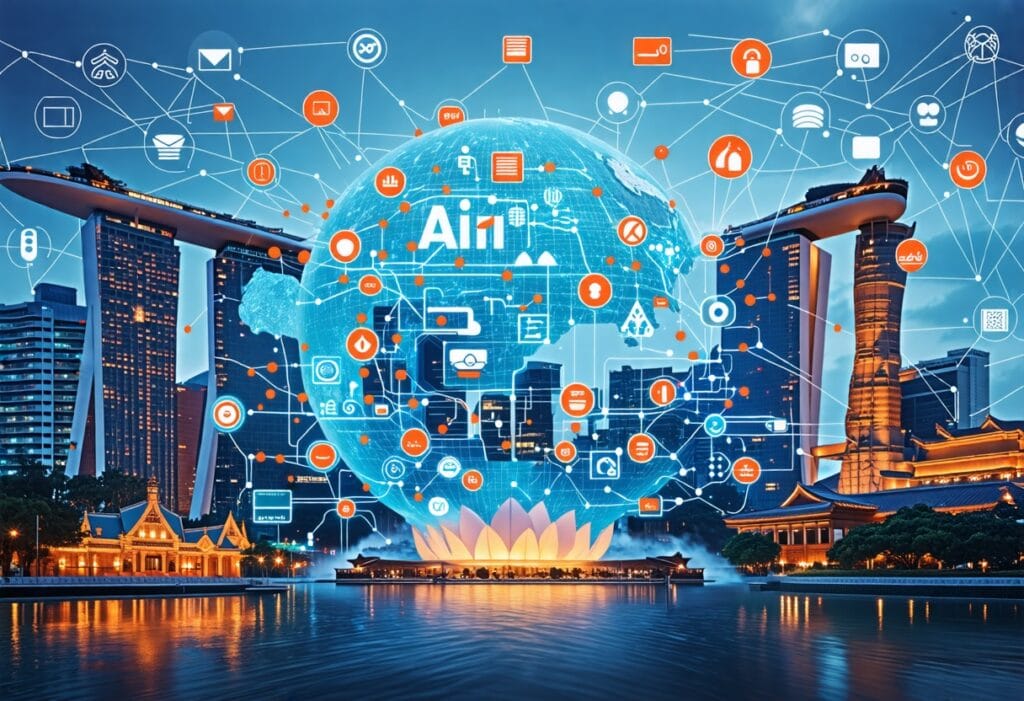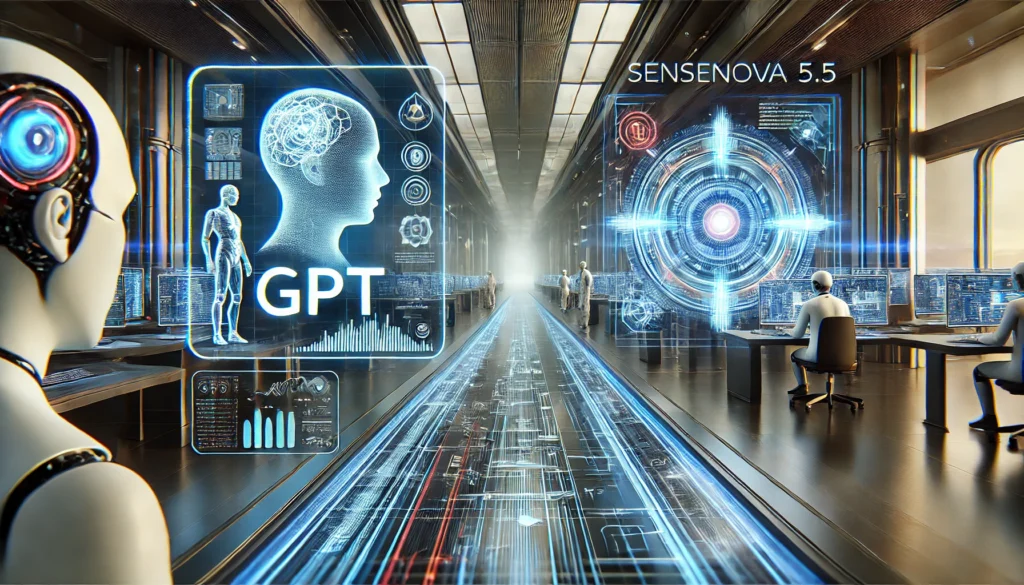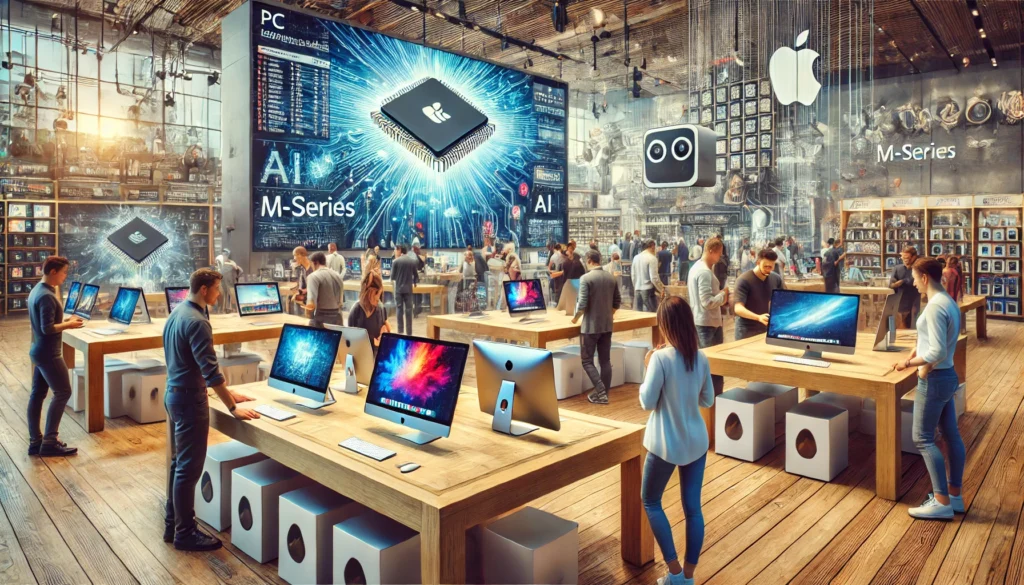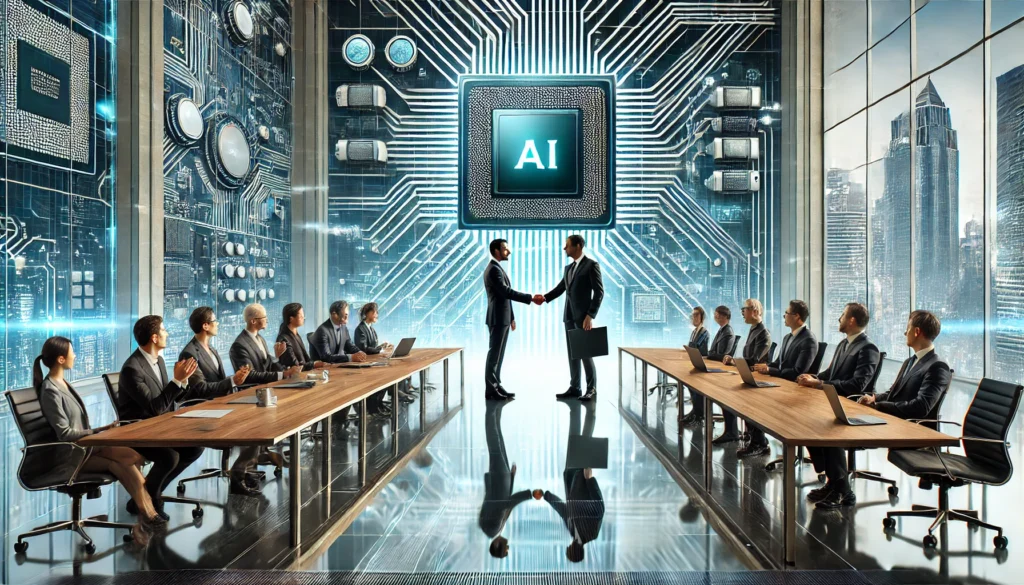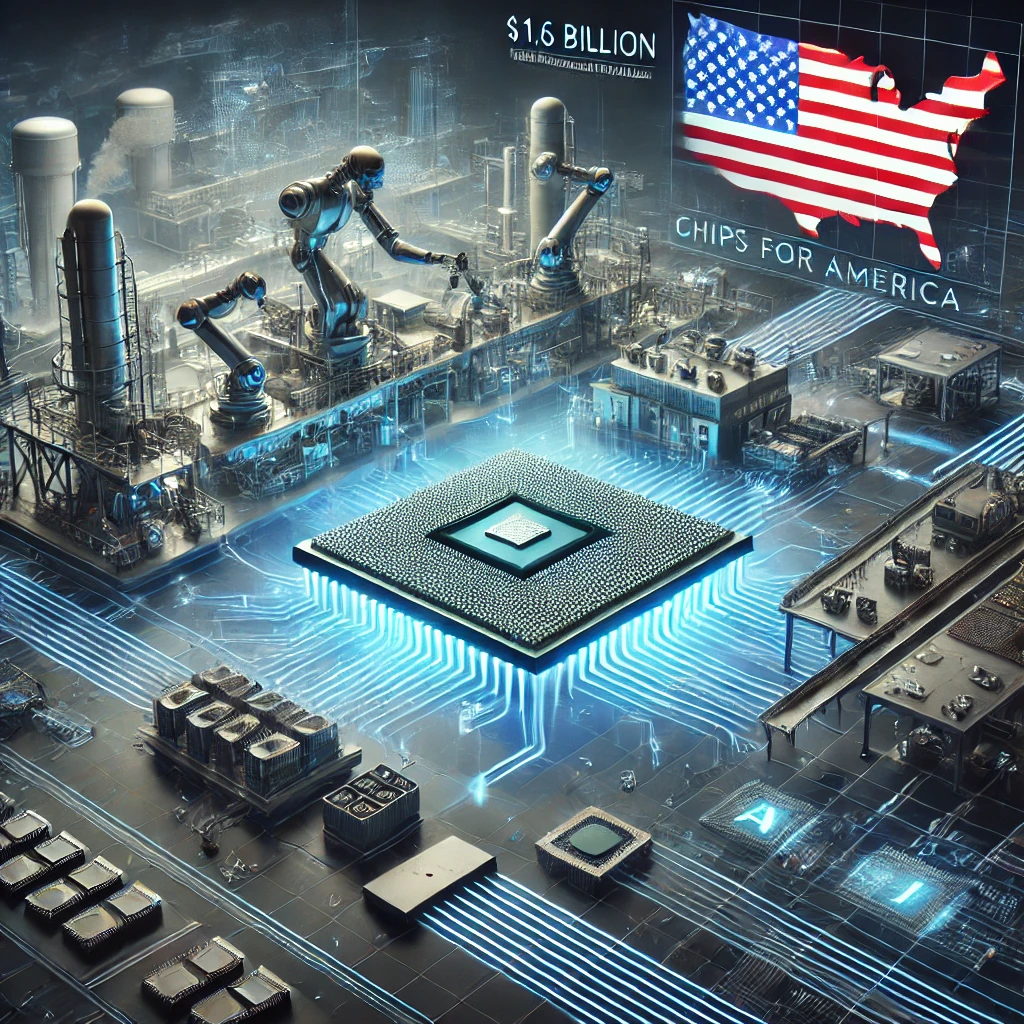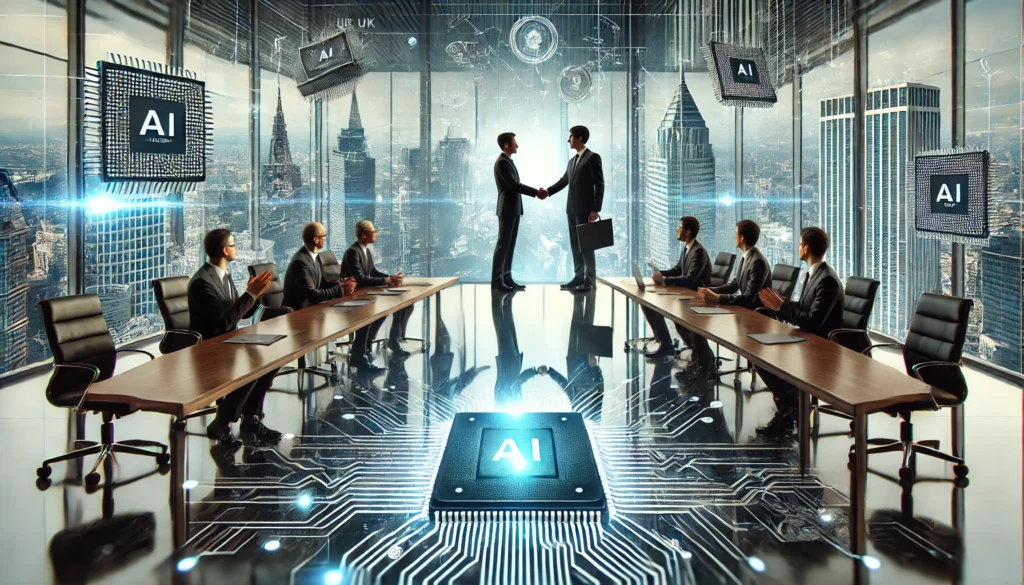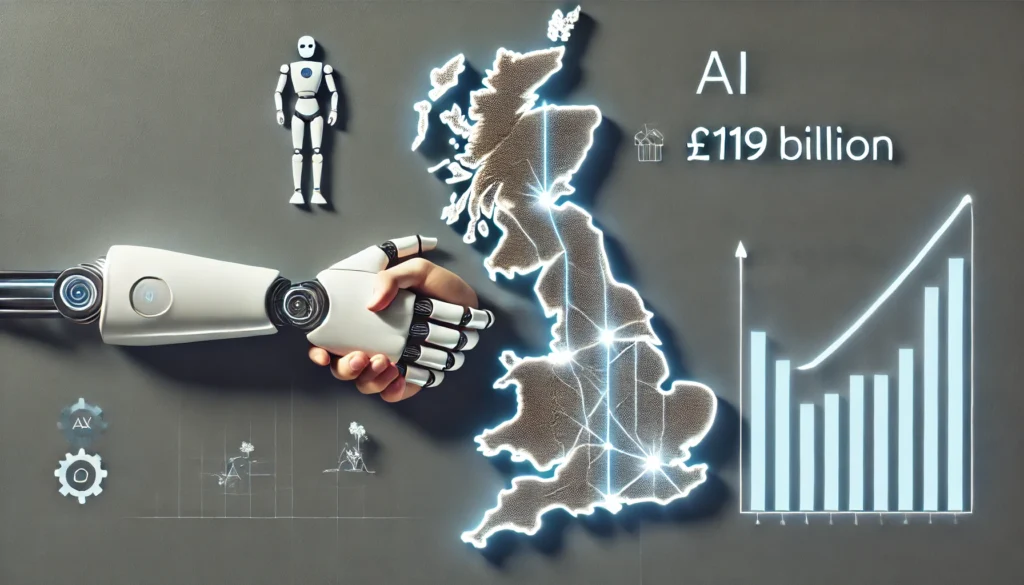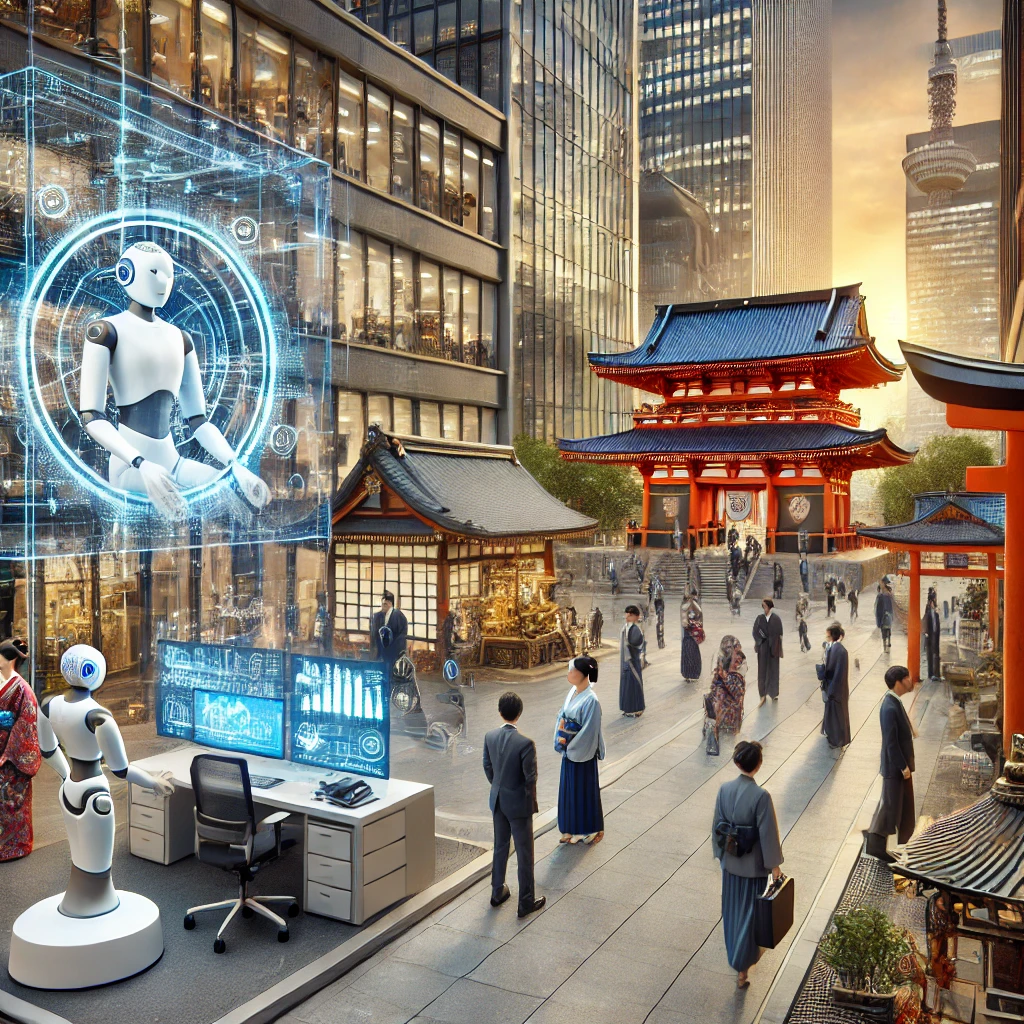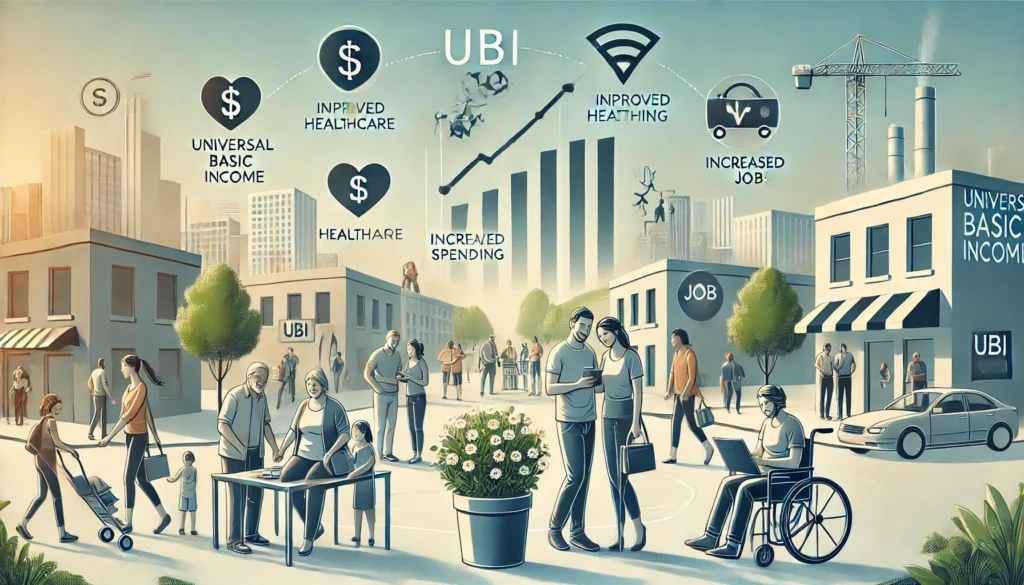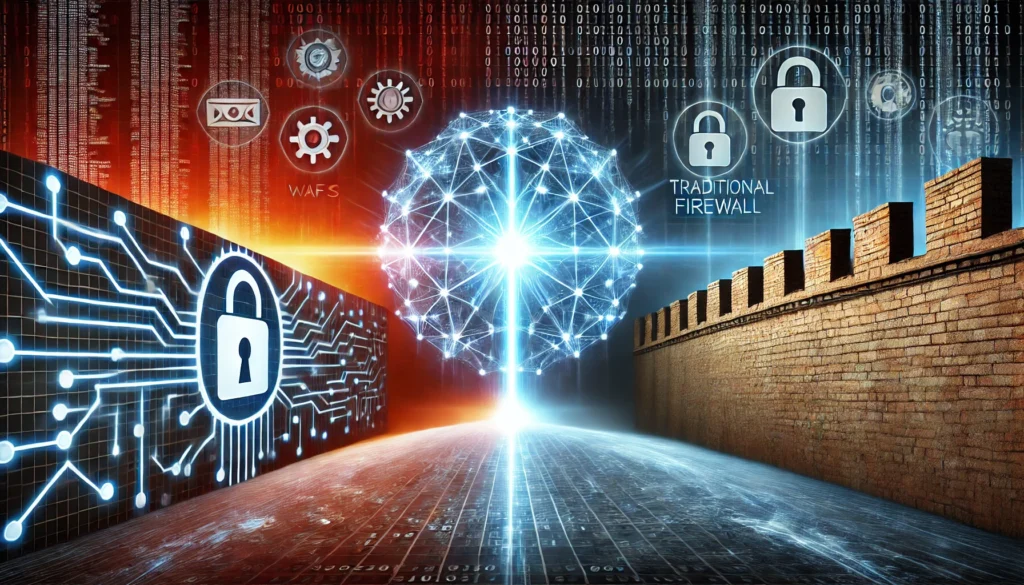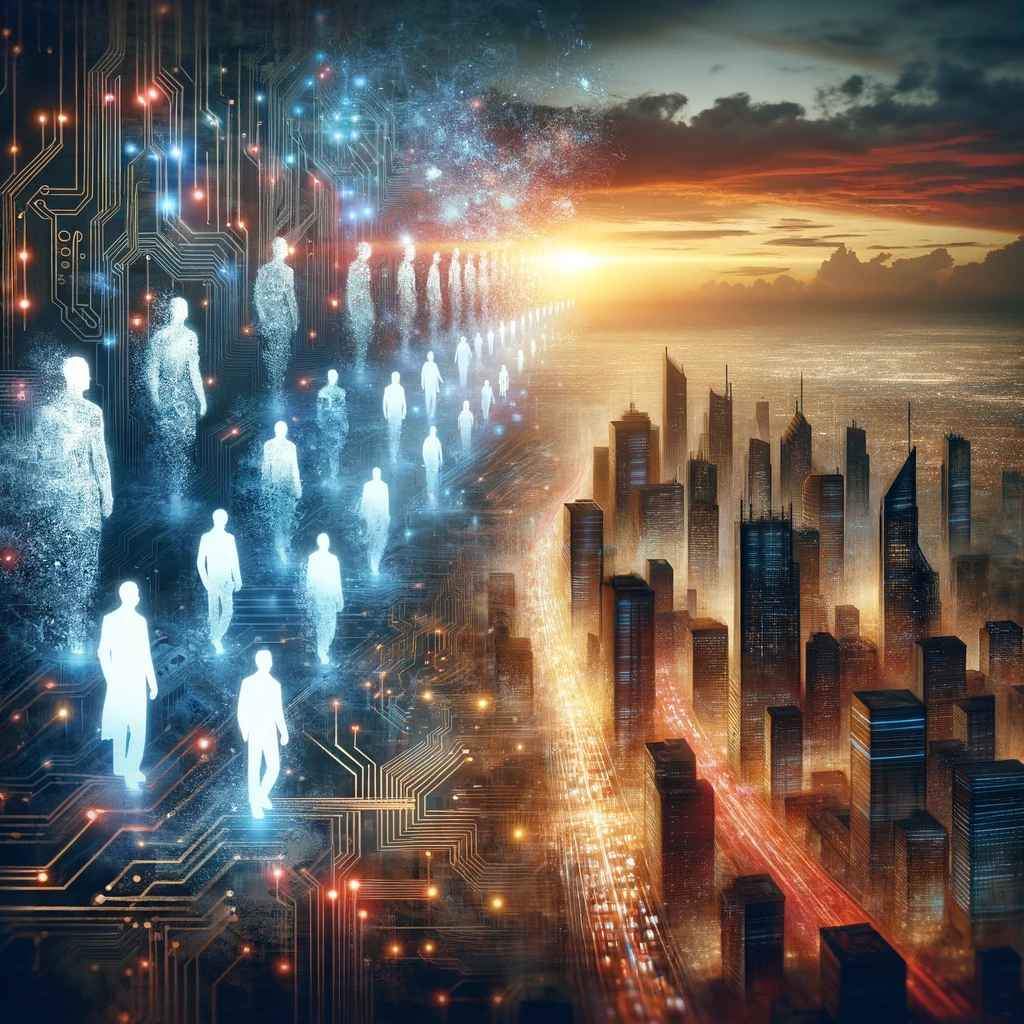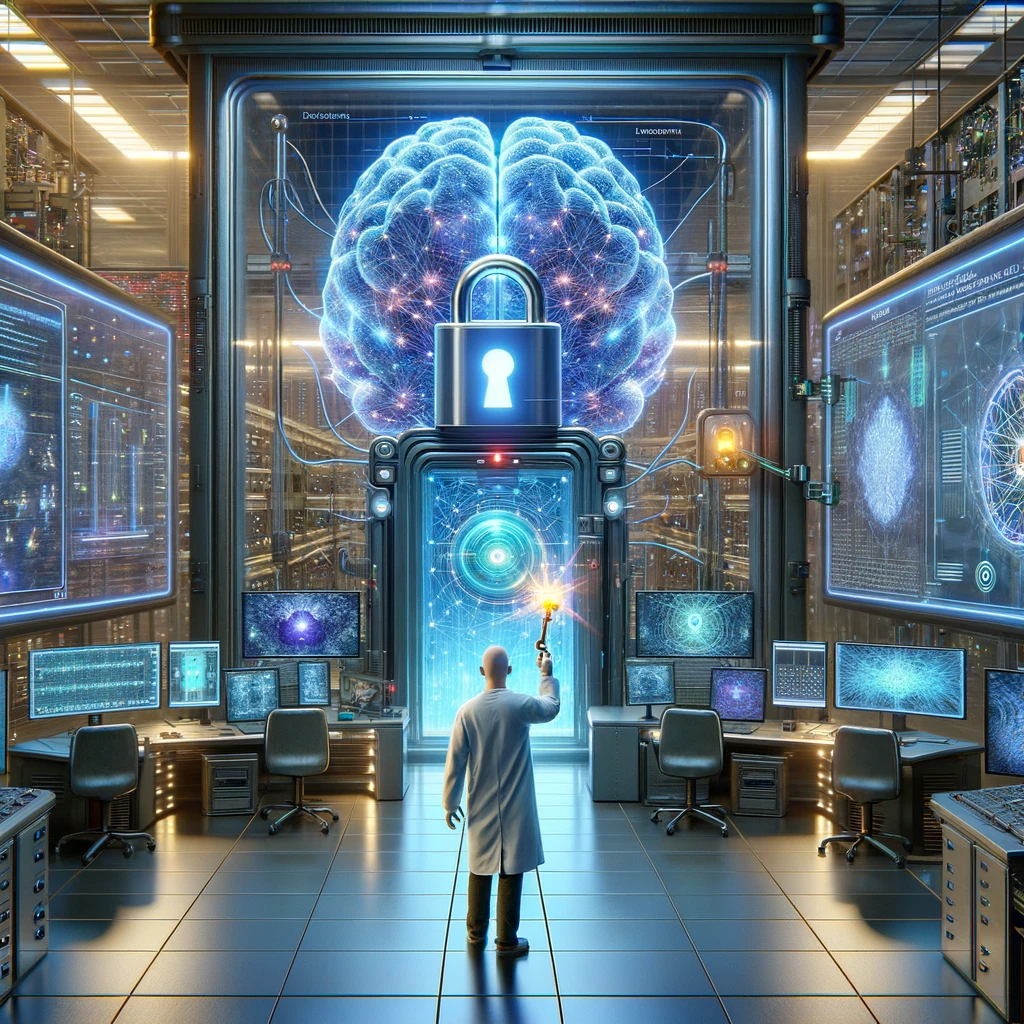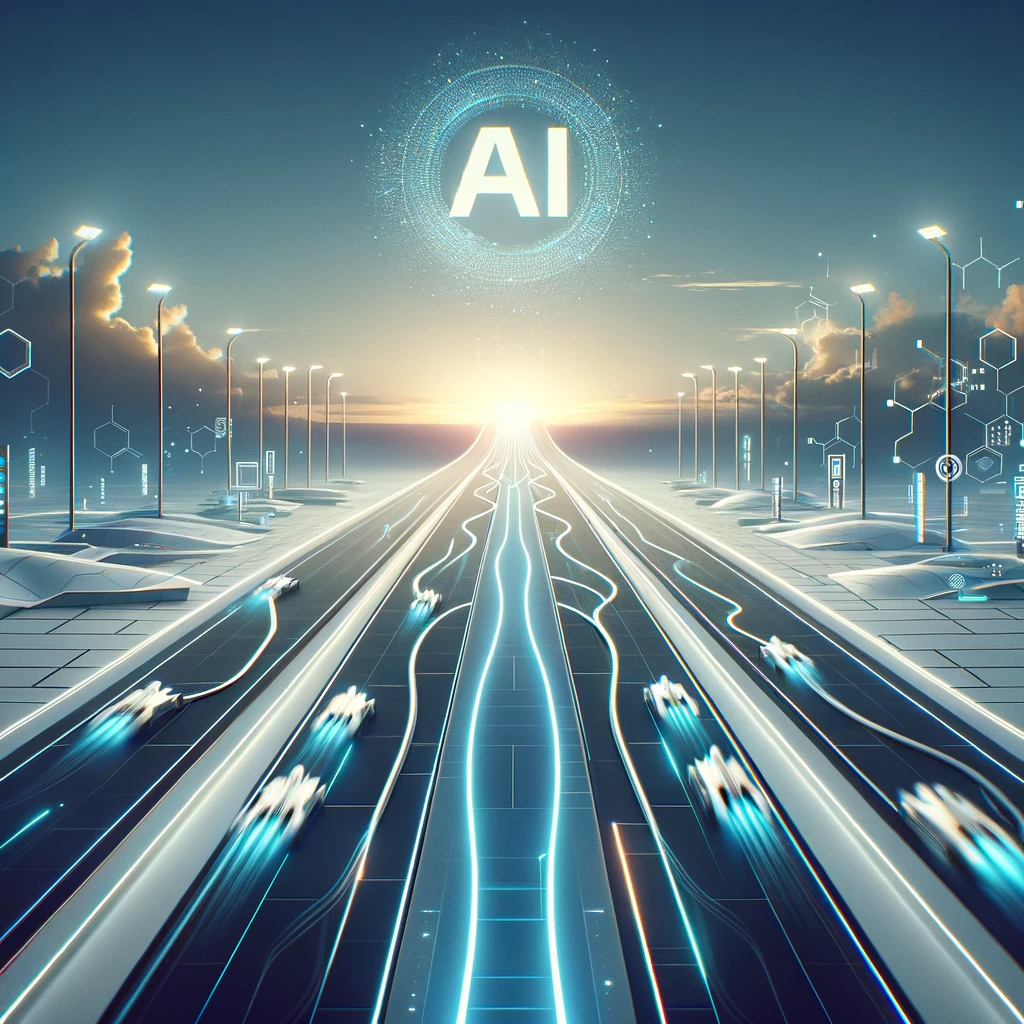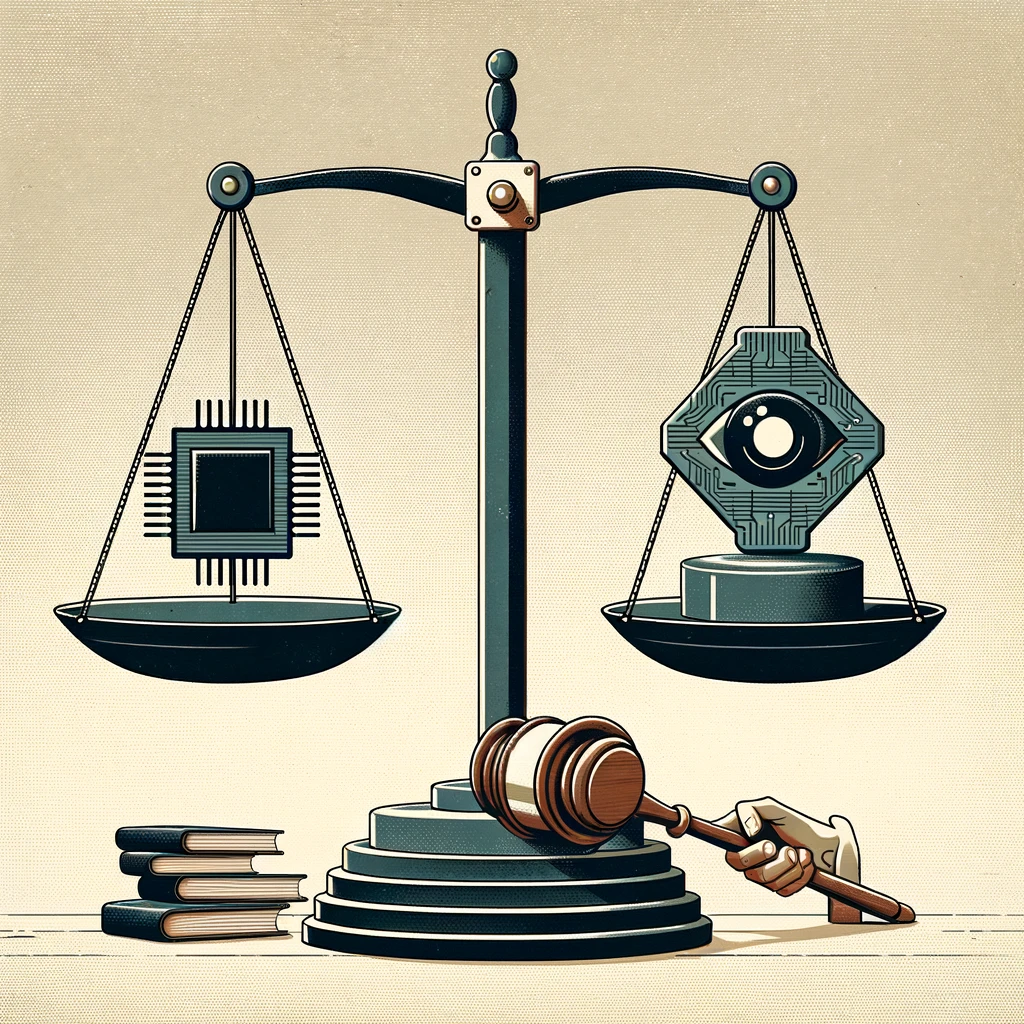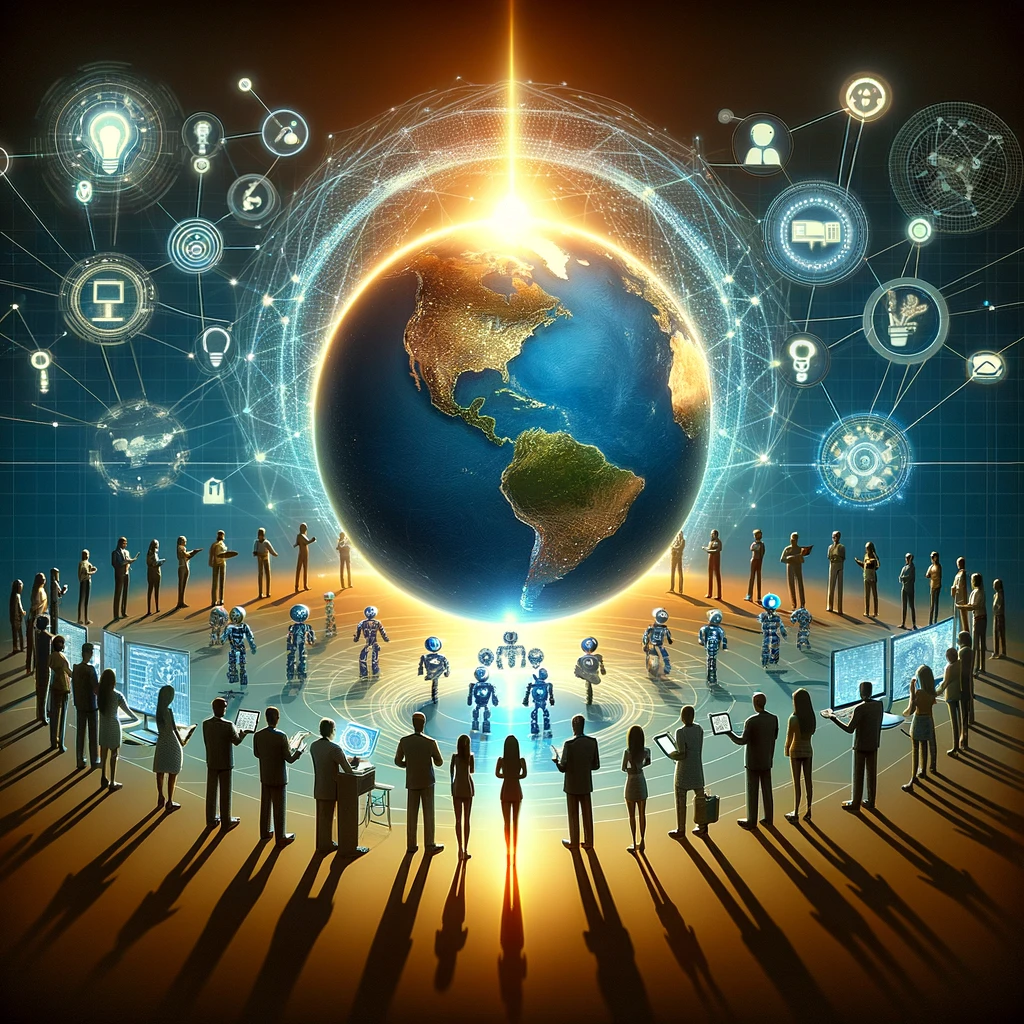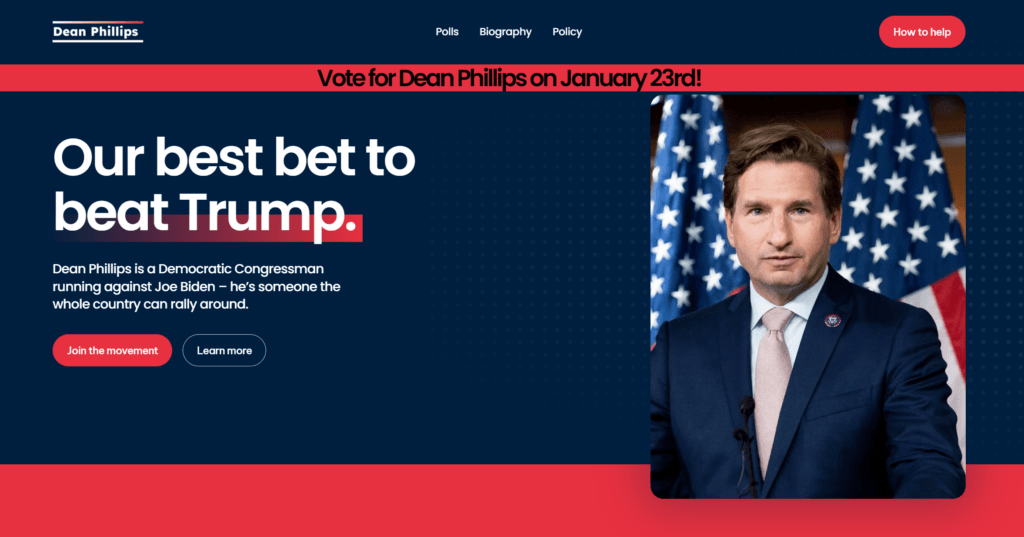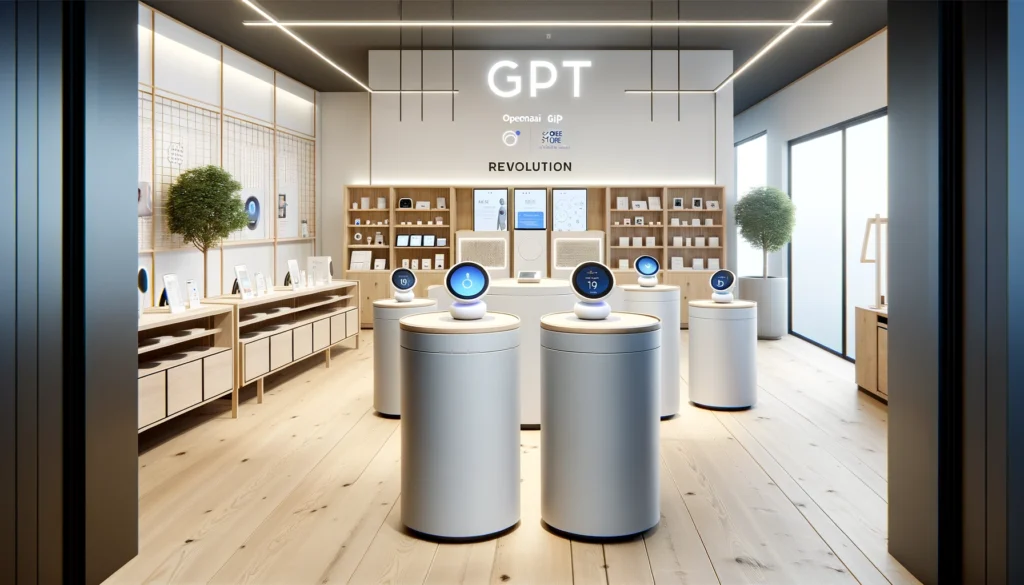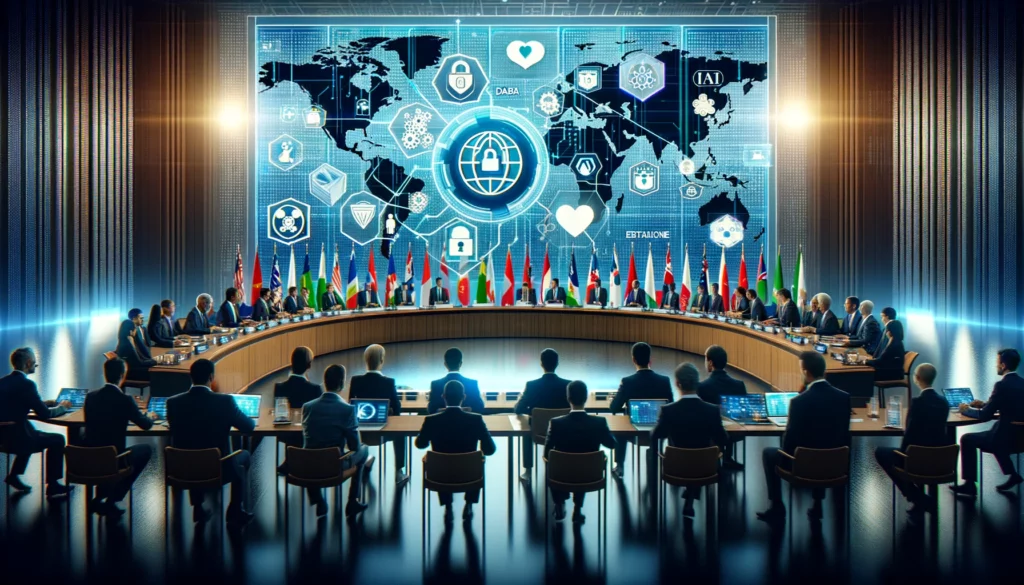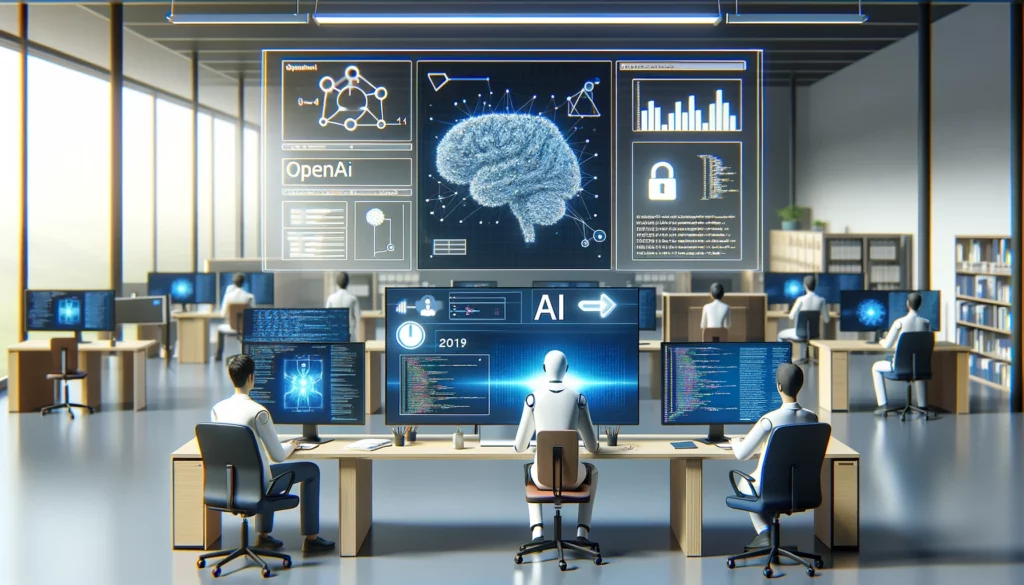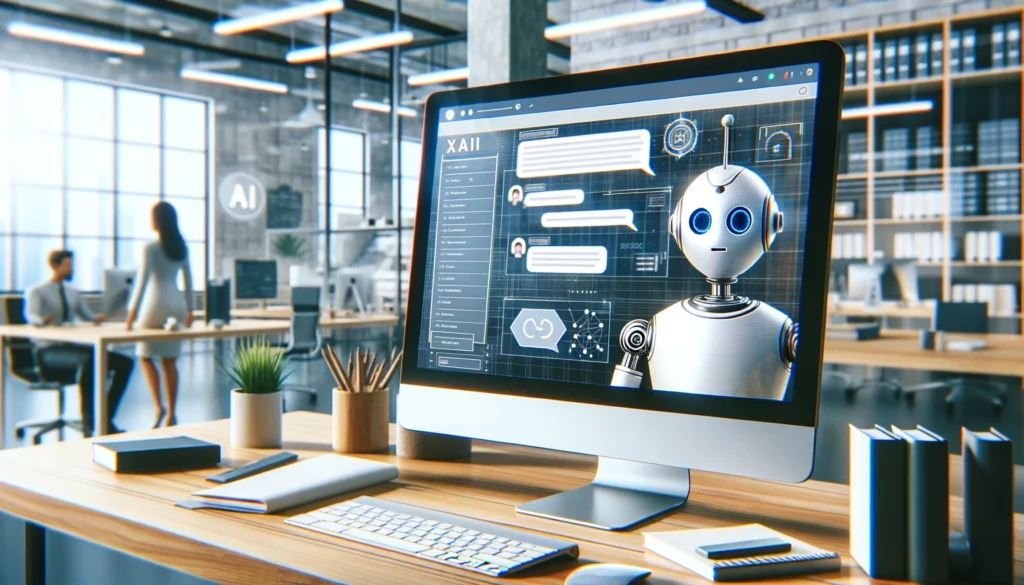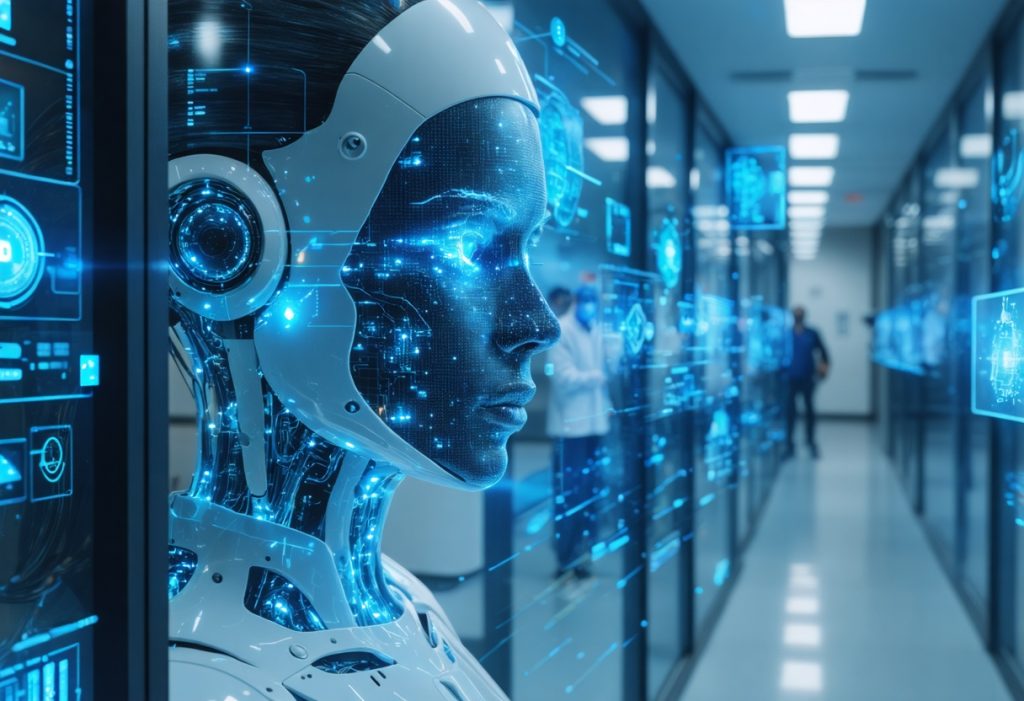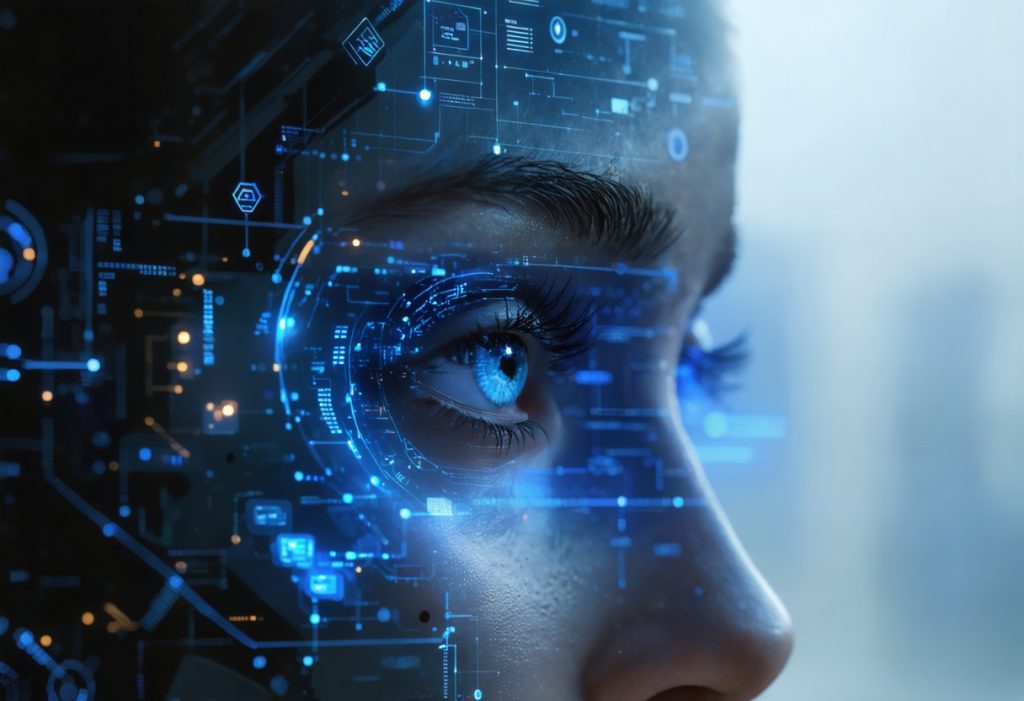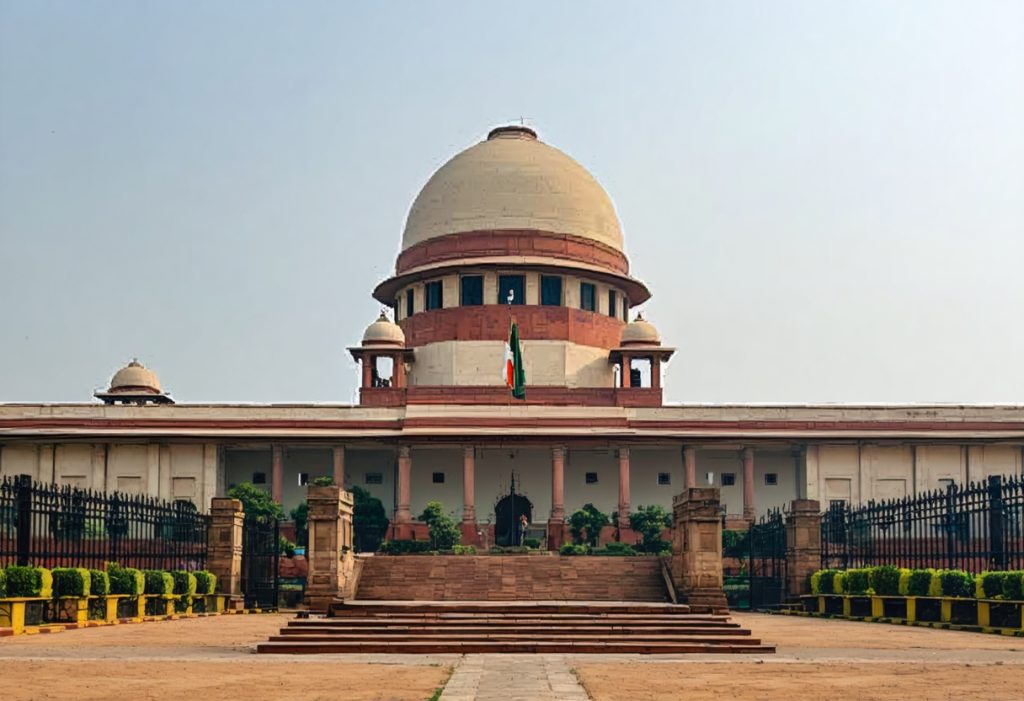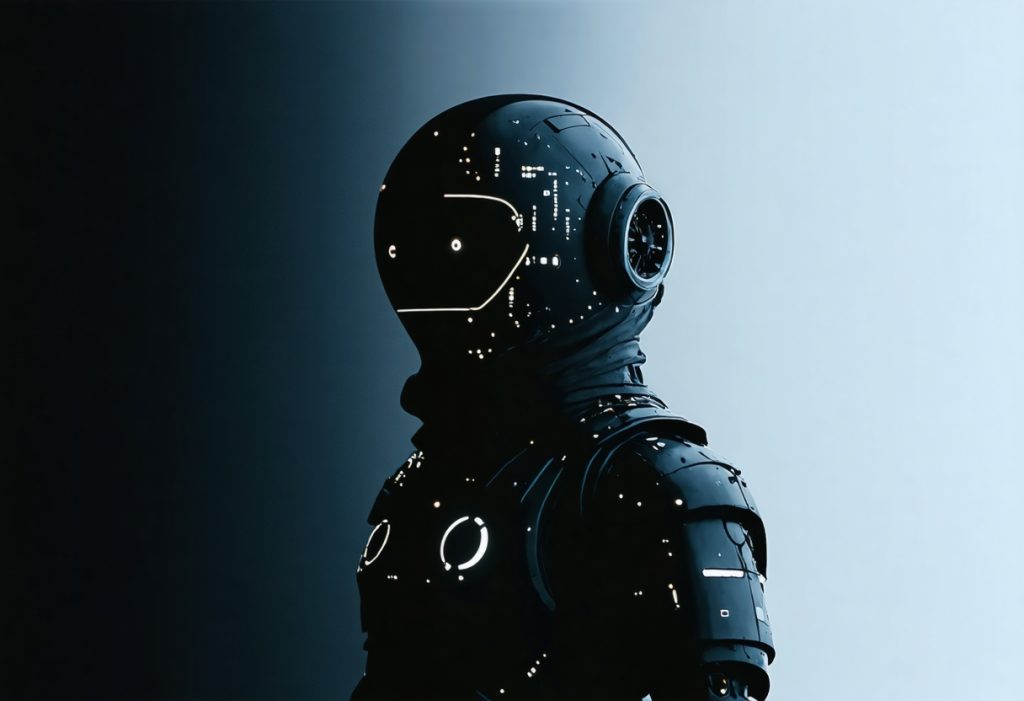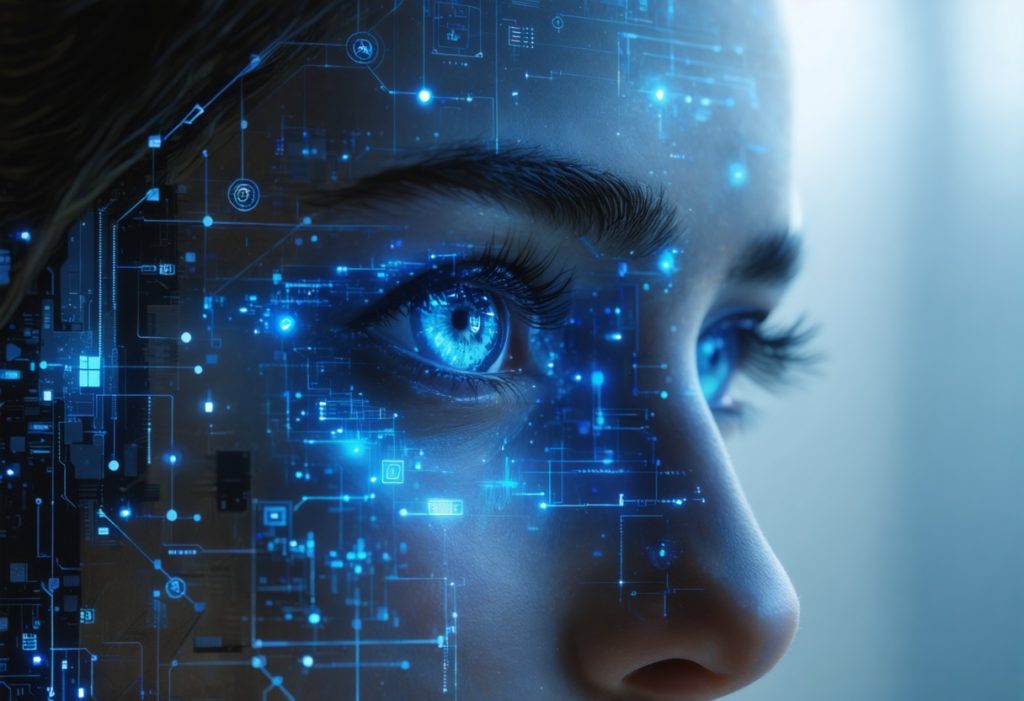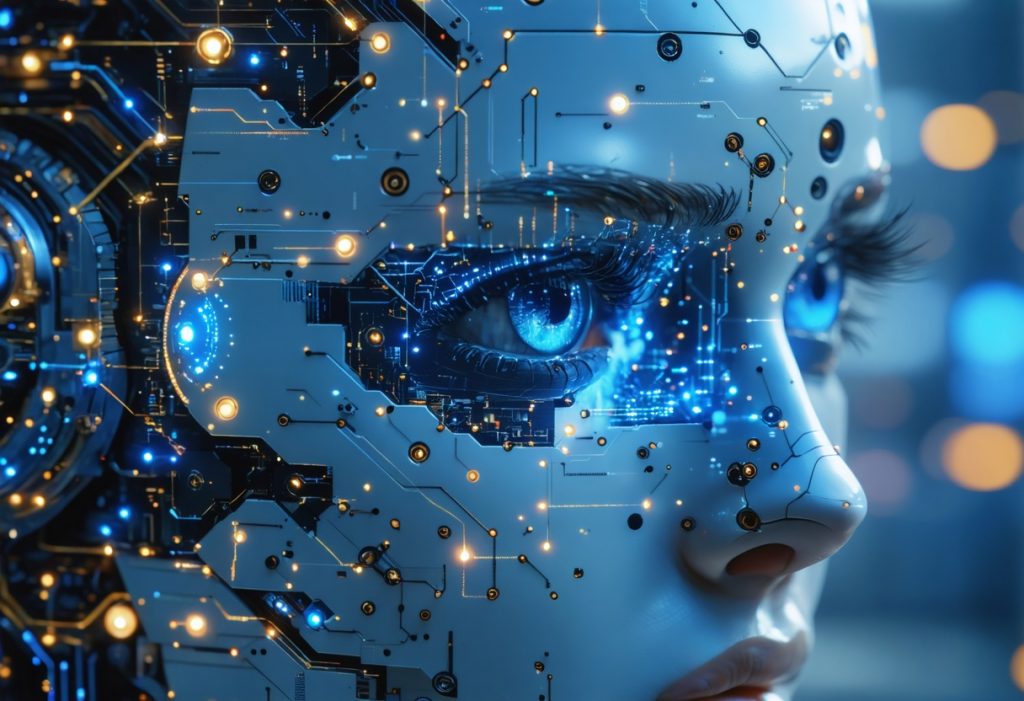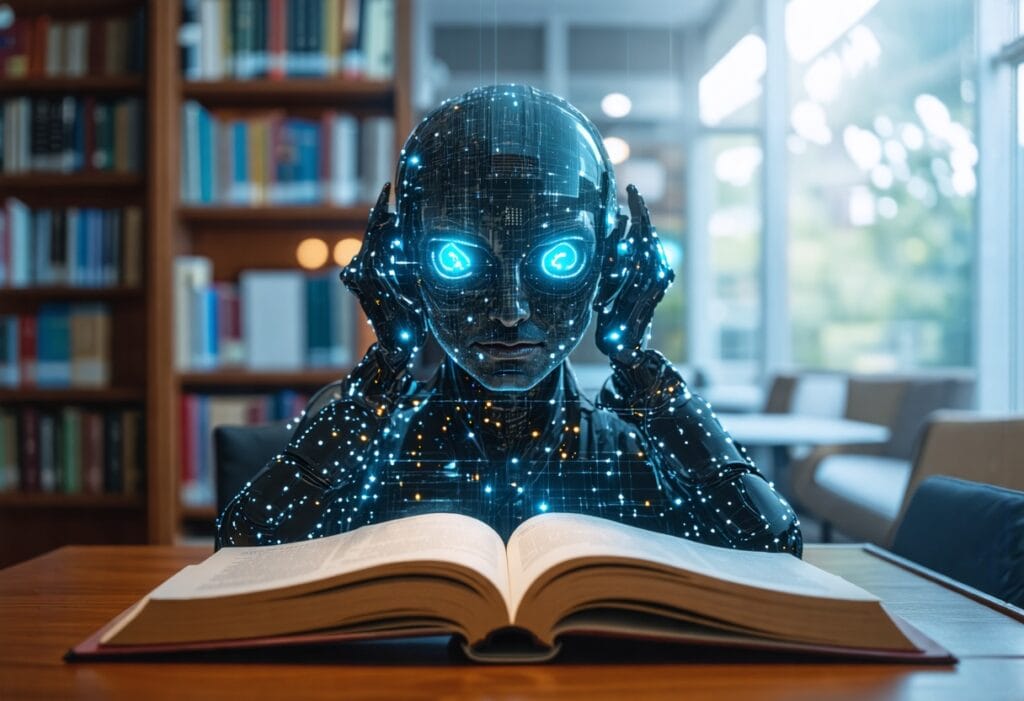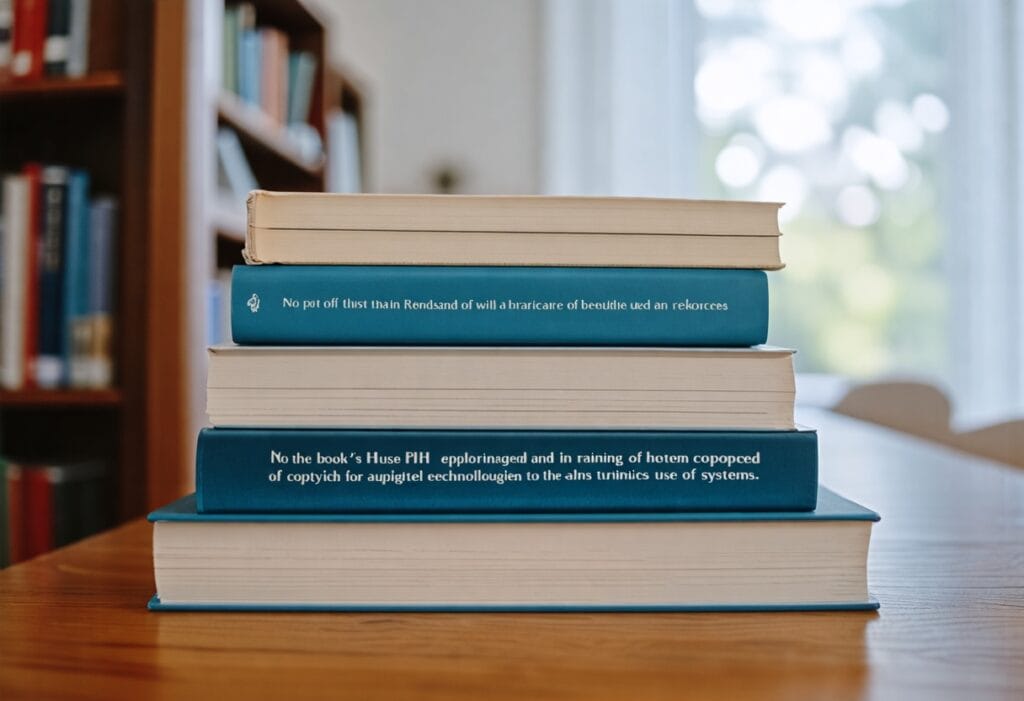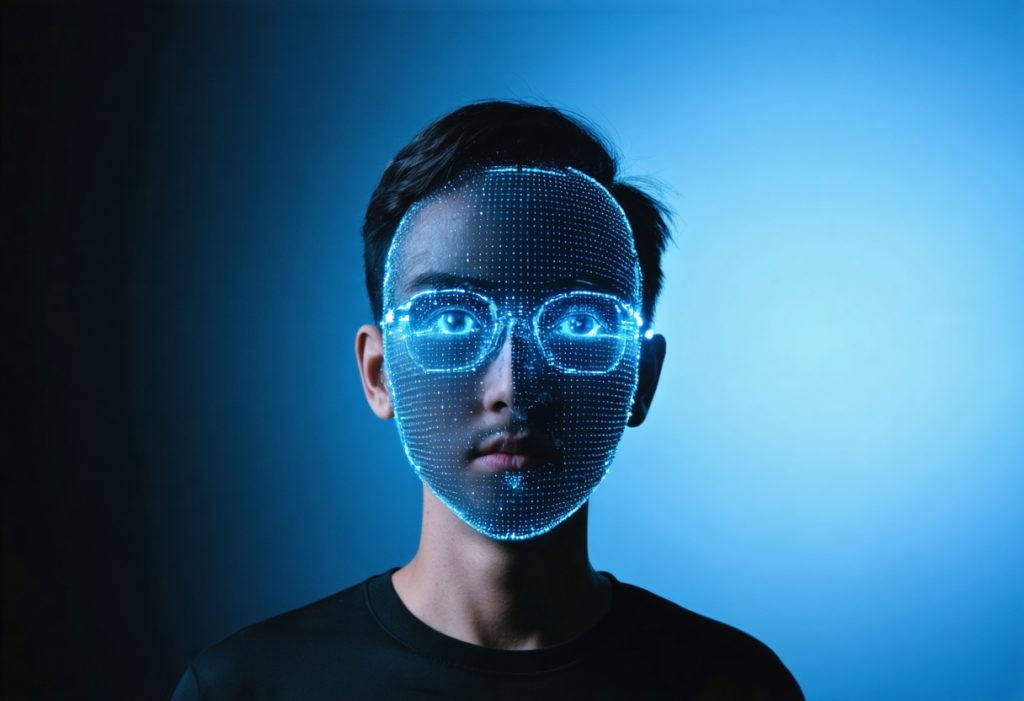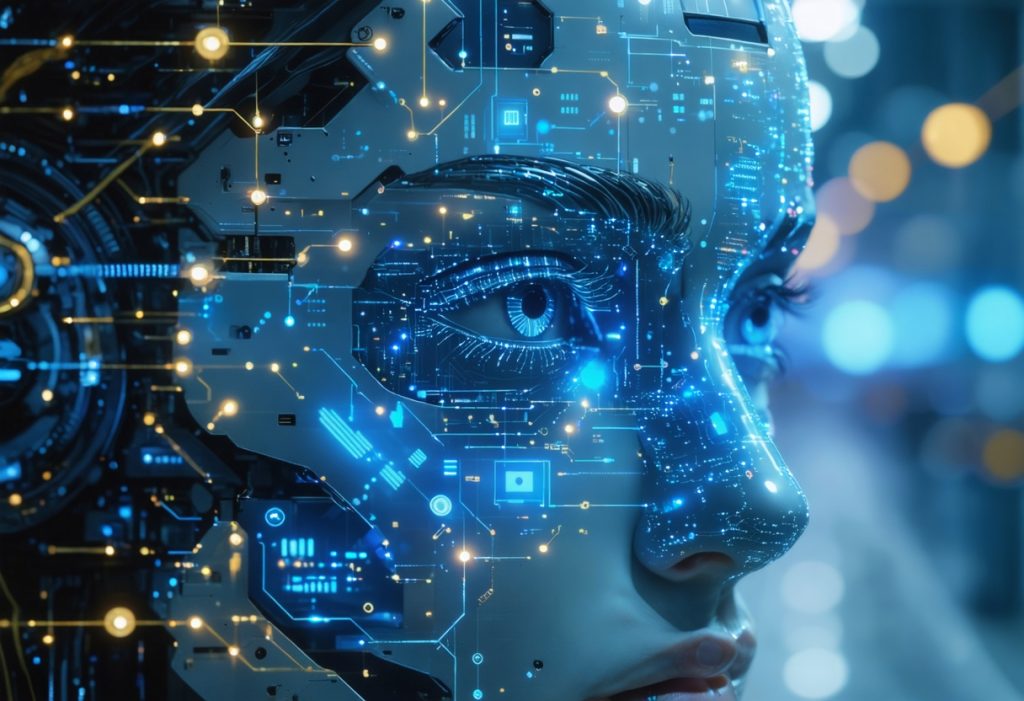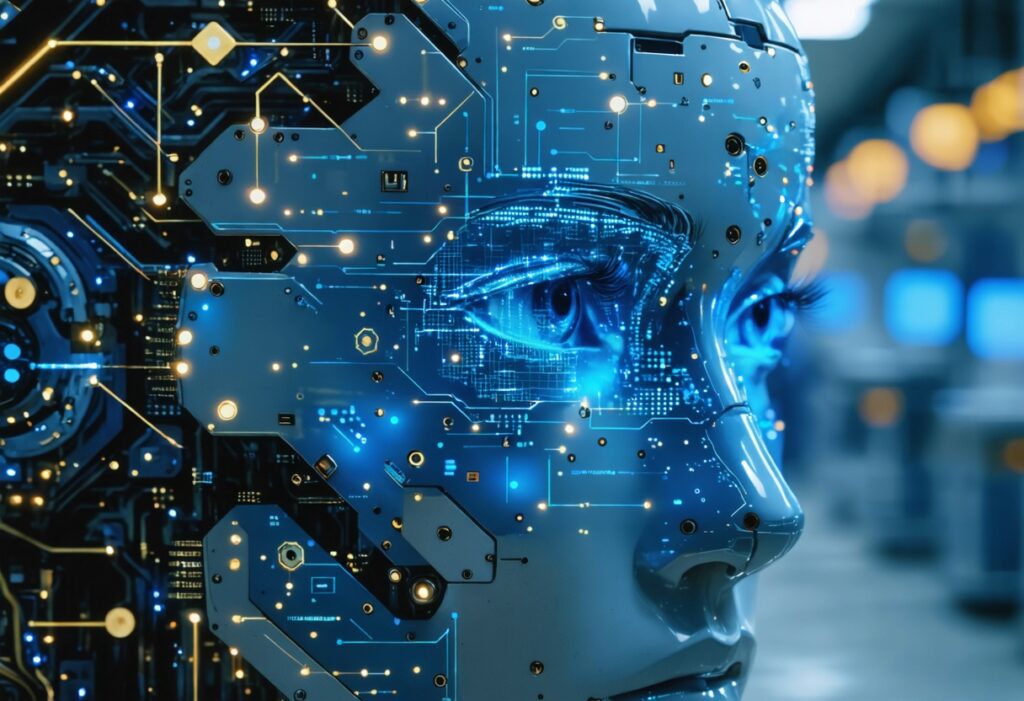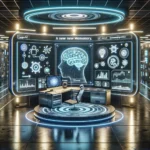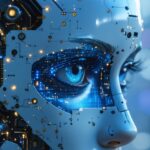The Shift Towards Decentralized AI: Addressing Copyright Concerns
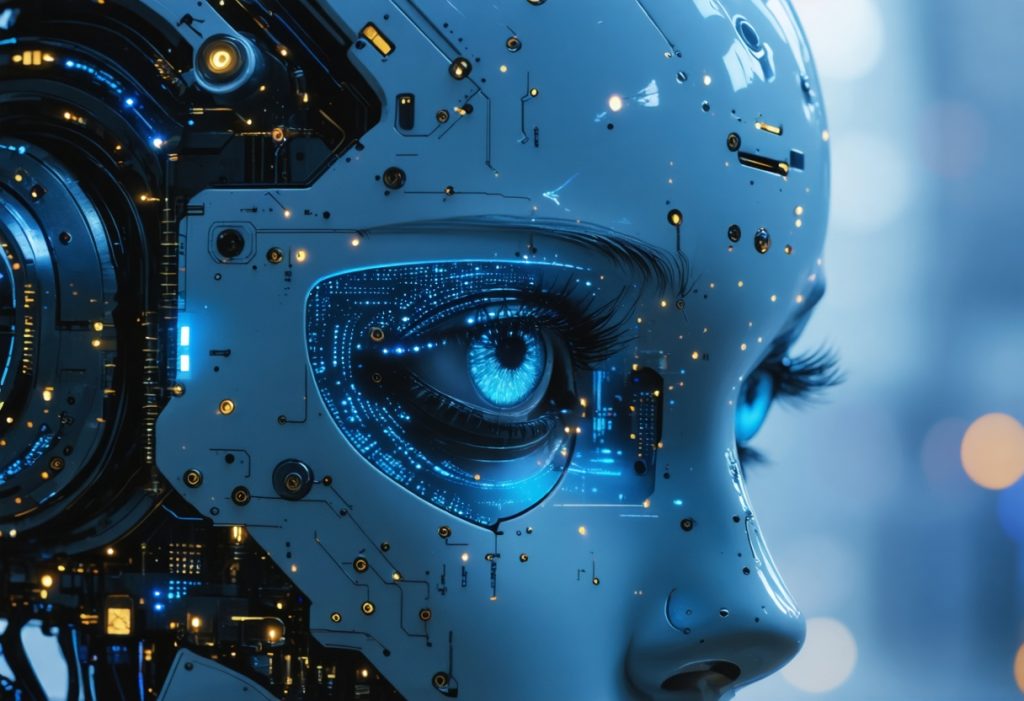
The Shift Towards Decentralized AI: Addressing Copyright Concerns
As the artificial intelligence landscape continues to evolve, the year 2025 is poised to mark a pivotal moment. With rapid advancements in AI technologies reshaping industries, a growing wave of copyright concerns has emerged, highlighting the urgent need for fair and ethical alternatives. The centralization of AI models, often dominated by corporate giants, has left content creators grappling with issues of data ownership and compensation, stirring debates over the integrity of copyright laws.
The tension surrounding AI’s use of copyrighted material illustrates a critical crossroads: should AI companies, benefiting from vast amounts of online content, be compelled to attribute and compensate original creators? With increasing legal actions and mounting public scrutiny, the need for transparent and decentralized frameworks has never been more pronounced. These innovative models, such as the initiatives spearheaded by the ASI Alliance, hold the promise of transforming the way AI technologies are developed, marking a shift towards inclusivity and fairness for all stakeholders. As we navigate this complex landscape, one thing is clear: the future of AI must prioritize the rights and contributions of content creators to foster a more equitable digital ecosystem.
Copyright Concerns Create a Need for a Fair Alternative in AI Sector
The rapid advancements in AI technologies over the past few years have exposed an urgent need to reevaluate how copyright laws interface with artificial intelligence. Content creators, in particular, are facing unprecedented challenges as their work is scraped from the internet to train powerful AI models without any compensation or recognition. This reality raises critical questions: How can we create a system that respects the rights of creators while benefiting from the vast potential of AI? The solution may lie in the hands of decentralized AI frameworks, which prioritize ethical development and equitable rewards for all contributors.
Understanding the Complexity of AI’s Copyright Conundrum
The notion of copyright has always been a safeguard for original works, ensuring that creators can earn a living from their ideas. However, as AI developers increasingly rely on scraping content from the internet to train their models, copyright infringement issues have come to the forefront. Companies like OpenAI and Meta have faced scrutiny for their practices, raising significant concerns among content creators. These creators argue that the traditional understanding of ‘fair use’ is being exploited to justify the unregulated use of their works in AI training.
Not only are established platforms like the New York Times taking legal action against companies like OpenAI, but the wider community of content creators is also voicing their dissatisfaction. As the legal landscape around AI copyright continues to evolve, the necessity of establishing a balanced approach that safeguards creators’ rights while allowing technological advancement becomes increasingly apparent.
The Case for Decentralized AI Solutions
Decentralized AI frameworks present a promising alternative to the current centralized models. The fundamental premise of a decentralized system is built upon transparency, fairness, and collective ownership. Blockchain technology is often the backbone of these frameworks, enabling contributors to retain control over their data while facilitating a secure environment for sharing.
This model not only empowers creators by ensuring they are compensated for their contributions but also increases the overall ethical standards of AI development. By adopting decentralized frameworks, developers can build AI systems that genuinely respect copyright laws and foster a collaborative spirit among creators, technologists, and researchers.
How Blockchain Enhances Transparency in AI Training
Blockchain technology offers a unique opportunity to track the usage of content with unparalleled reliability. In a decentralized AI environment, every interaction with a piece of data can be recorded, making it possible for content creators to see when and how their works are used in AI model training. Smart contracts can automate payment processes, ensuring that creators receive compensation based on predefined terms whenever their data is accessed.
As a result, blockchain provides a framework for establishing trust between content creators and AI developers. By eliminating the ambiguity surrounding data ownership and usage, this technology fosters an ethical climate where contributors feel secure in sharing their intellectual property, knowing they will be fairly rewarded.
Innovative Projects Leading the Charge
Numerous decentralized AI projects are paving the way for this new era of ethical AI development. The ASI Alliance, formed by several blockchain-based startups, is at the forefront of this movement. By emphasizing open-source principles and community governance, the Alliance aims to disrupt the traditional corporate control of AI technologies.
Projects like SingularityNET, Fetch.ai, and Ocean Protocol are redefining how AI systems are built and managed. SingularityNET offers decentralized AI network capabilities, while Fetch.ai focuses on creating autonomous AI agents. Ocean Protocol specializes in developing data marketplaces for AI training, enabling creators to upload their work, maintain ownership, and earn rewards when their data is used.
The Future of AI: Prioritizing Ethical Development
The transformation of AI technologies relies heavily on the development of fair policies that prioritize the rights of content creators. Decentralized AI frameworks offer a viable pathway toward this goal, creating environments where innovation can thrive while respecting intellectual property. As more organizations recognize the importance of ethical practices in AI development, we can expect to see greater collaboration between creators, developers, and users.
The push for decentralization is not just a theoretical concept but a practical necessity, particularly given the ramifications of AI on various sectors—from arts and writing to software development. As organizations strive to adopt best practices surrounding copyright, the adoption of principles rooted in decentralization stands as a beacon of hope for equitable AI development.
Challenges and Opportunities Ahead
Despite the momentum behind decentralized AI solutions, challenges remain. Legal frameworks around copyright, technology infrastructure, and industry standards are still evolving. However, the opportunities presented by decentralized AI far outweigh these challenges, especially for individual content creators who have felt marginalized in the current centralized landscape.
With growing public awareness and scrutiny, there is a pivotal chance for stakeholders in the AI industry to co-create future AI models that empower everyone involved. Collaborating through decentralized frameworks can lead to innovative solutions, ensuring that all contributors feel valued while fostering a spirit of creativity. Significantly, by addressing copyright concerns proactively, the industry can pave the way for responsible growth and sustainability.
Decentralized AI and the Demand for Inclusivity
Inclusivity is essential for the long-term success of the AI sector, as diverse perspectives are vital in generating innovative ideas. Decentralized models enable creators from various backgrounds—whether they are independent artists, small start-up innovators, or large corporations—to contribute meaningfully. This collaborative landscape fosters a rich environment for creativity and problem-solving in AI, ensuring that the technology reflects the diversity of its user base.
As industry players embrace decentralized frameworks, a paradigm shift toward a more equitable AI ecosystem is likely. Stakeholders must work together to create policies that encompass copyright fairness, data ownership, and compensation, solidifying the foundation for responsible AI development that benefits all parties involved.
Embracing a New Era of Decentralized AI
The urgent need for a more ethical approach to artificial intelligence is evident in the ongoing debates surrounding copyright and content ownership. As we move towards a decentralized future, the traditional paradigms that govern AI development and data usage are set to transform significantly. By championing transparency, inclusivity, and respect for intellectual property, decentralized AI frameworks will not only bolster the rights of content creators but also enhance the overall integrity of the technology itself.
As innovative projects and blockchain solutions continue to emerge, the potential for a collaborative ecosystem within AI is becoming increasingly tangible. These advancements present a unique opportunity to break free from the monopolistic tendencies of centralized systems and create a landscape where all contributors are recognized and compensated fairly. The urgency for this shift cannot be overstated; by prioritizing ethical practices in AI development, the industry can usher in a new era of creativity and innovation that benefits everyone involved.
As stakeholders from diverse backgrounds come together to reshape the future of AI, it is essential to remain committed to fostering an environment of collaboration and fairness. The path forward lies in the collective pursuit of decentralized solutions that not only honor creators’ rights but also drive responsible growth within the AI sector. Together, we can build a more equitable digital ecosystem where the contributions of all are valued, ensuring that the transformative power of AI is harnessed for the greater good.
